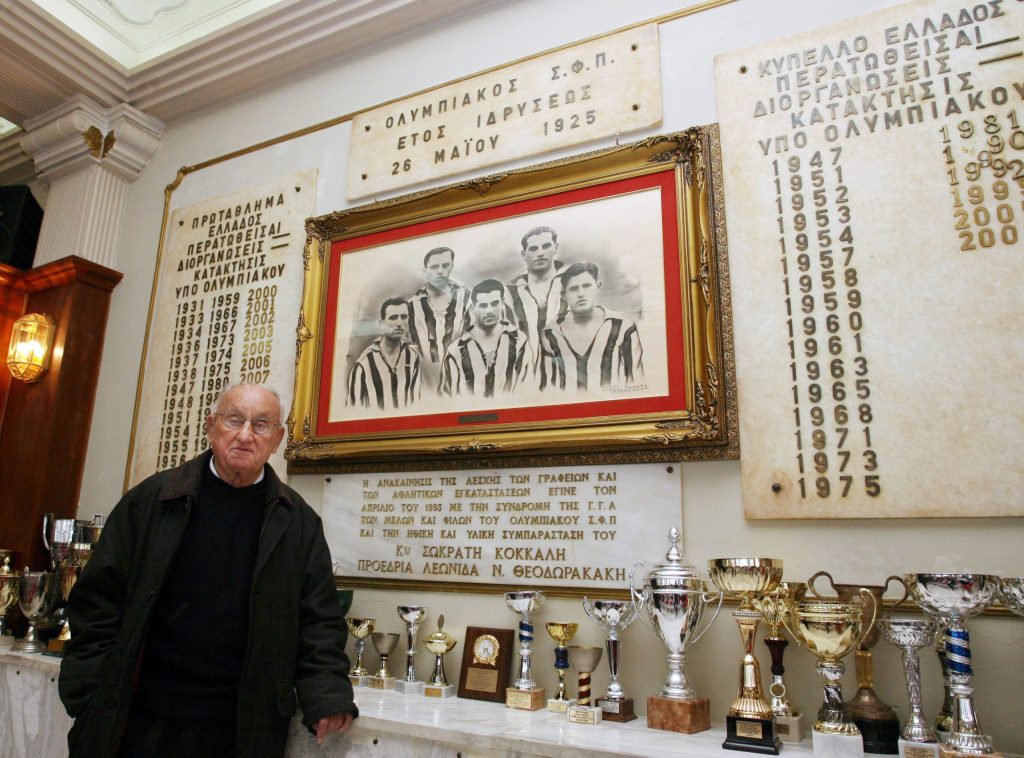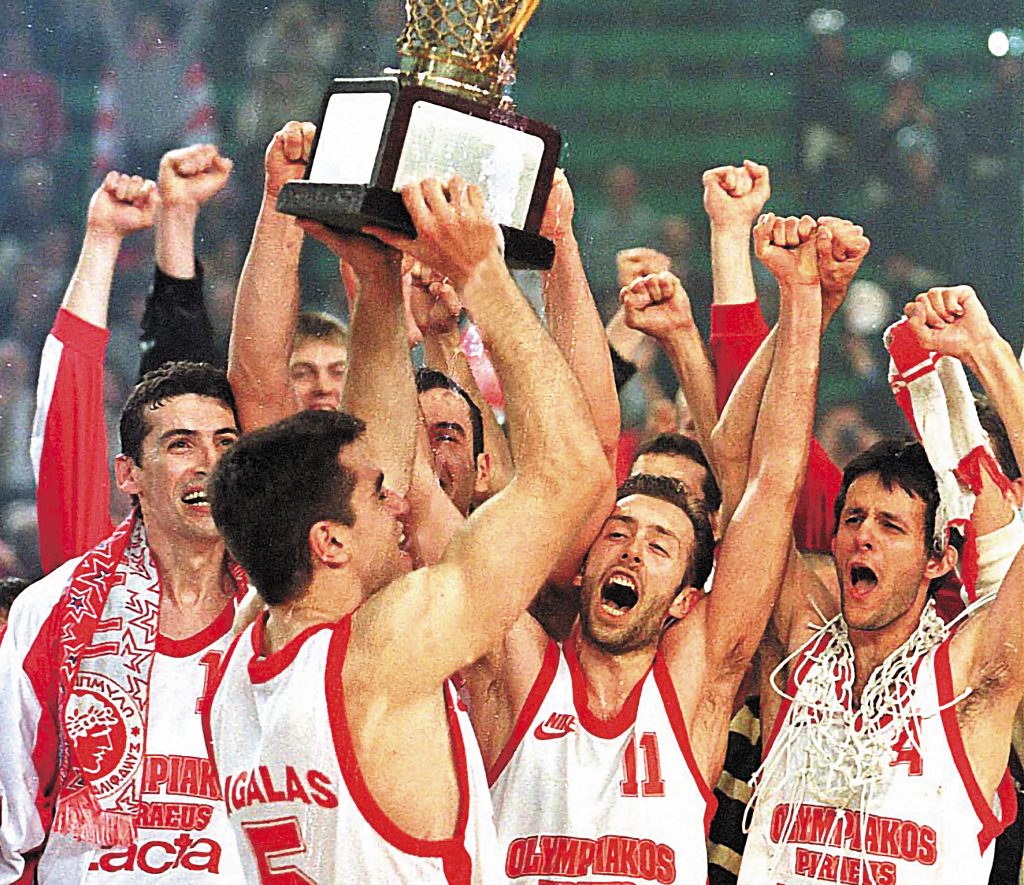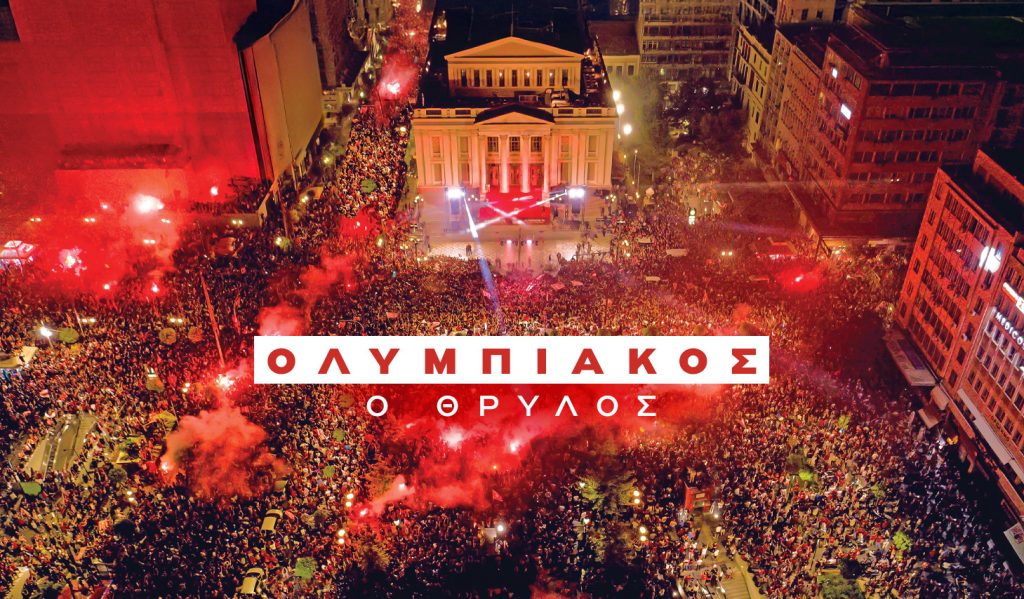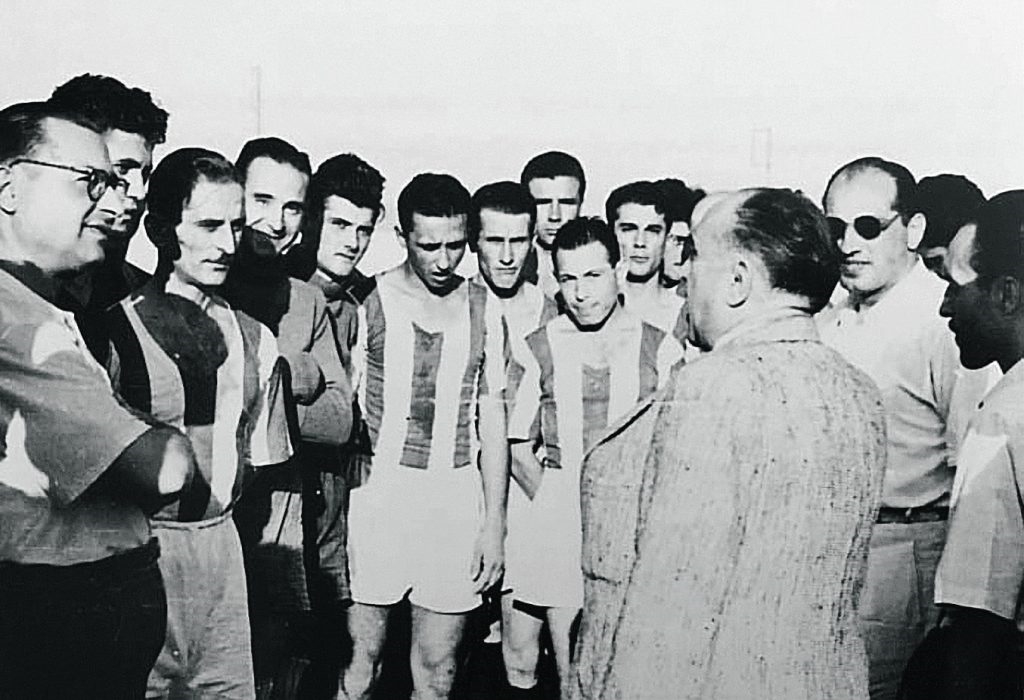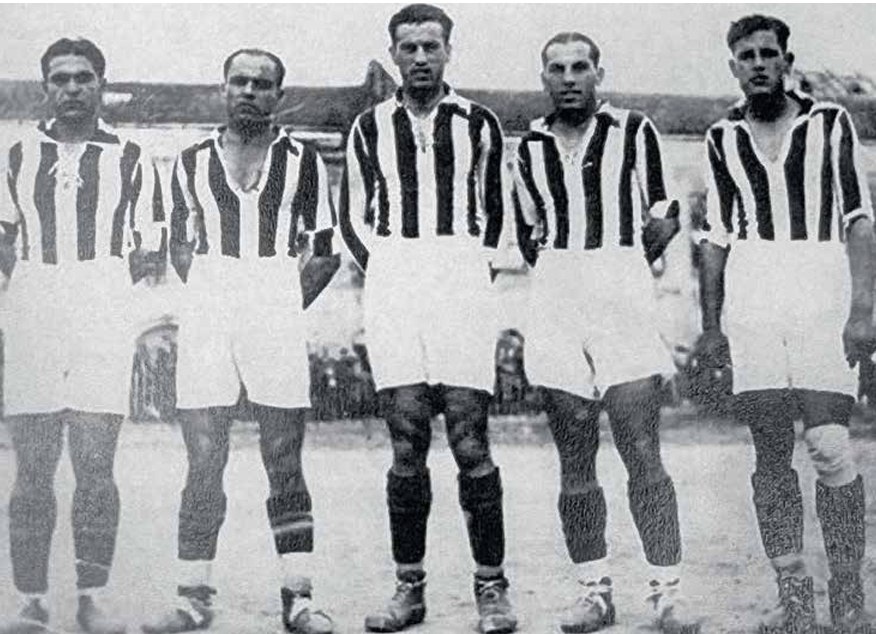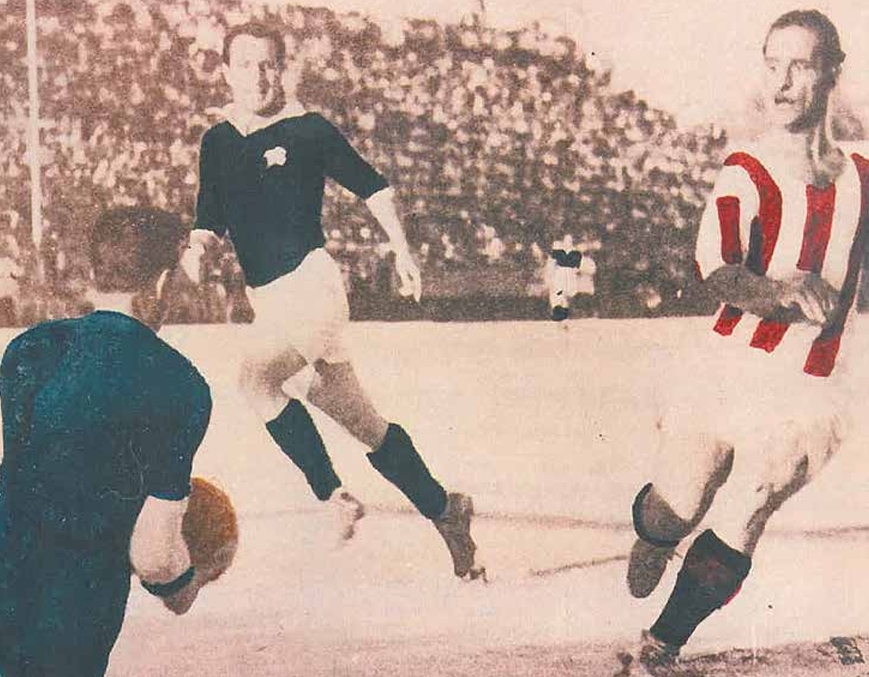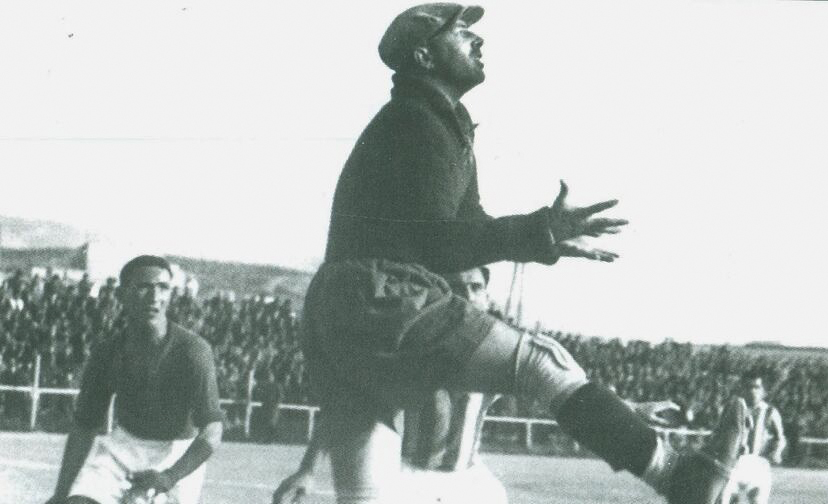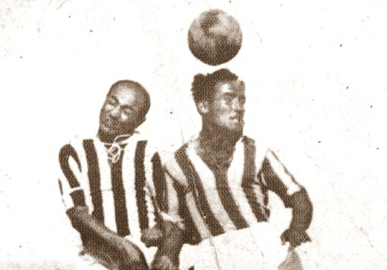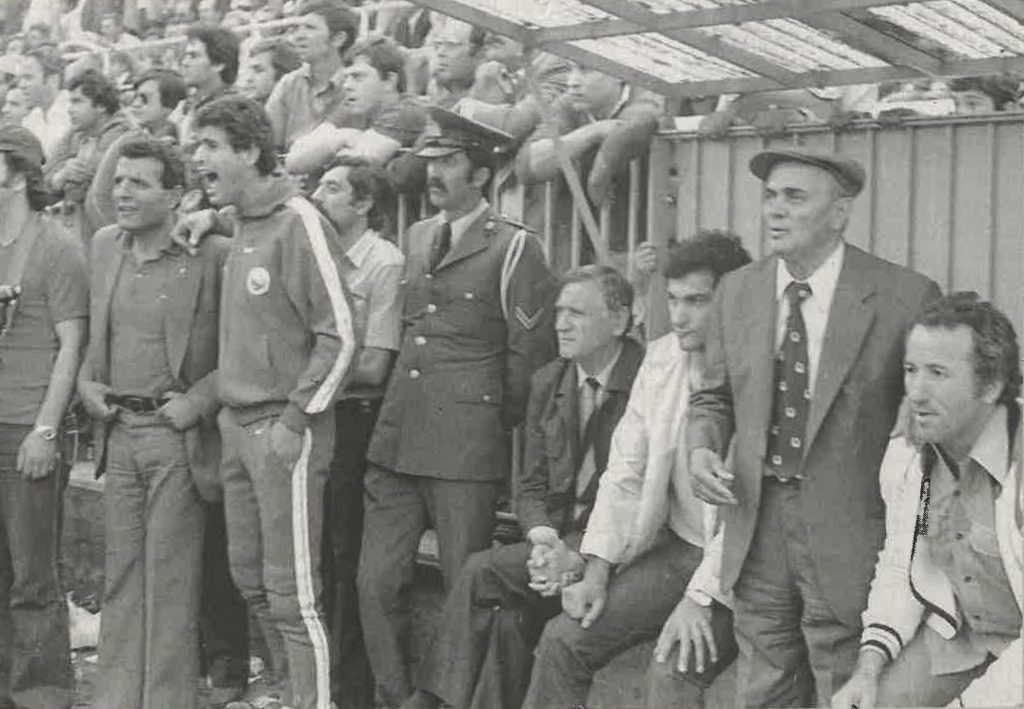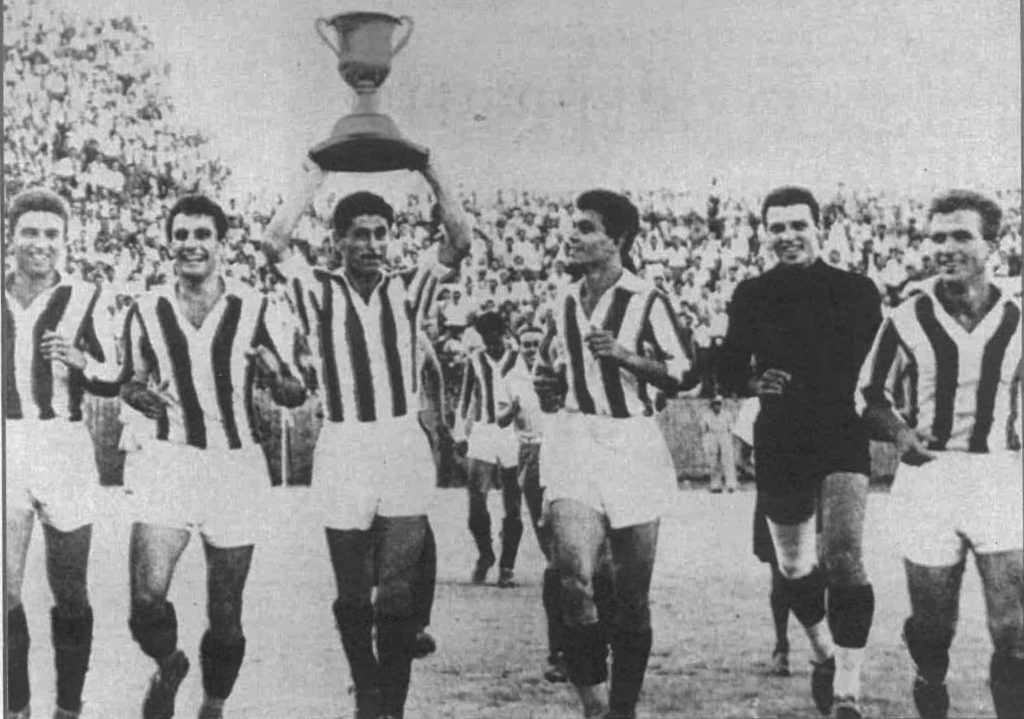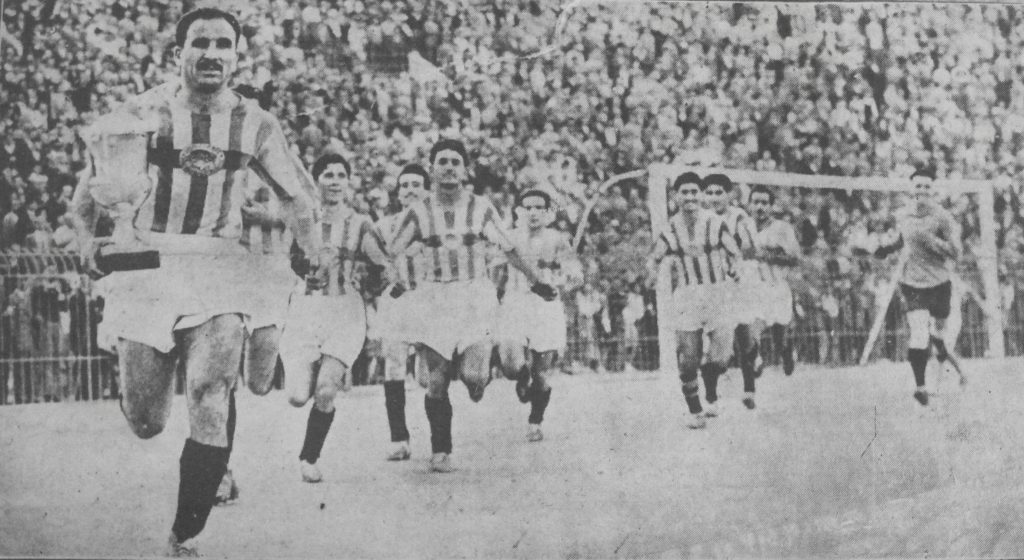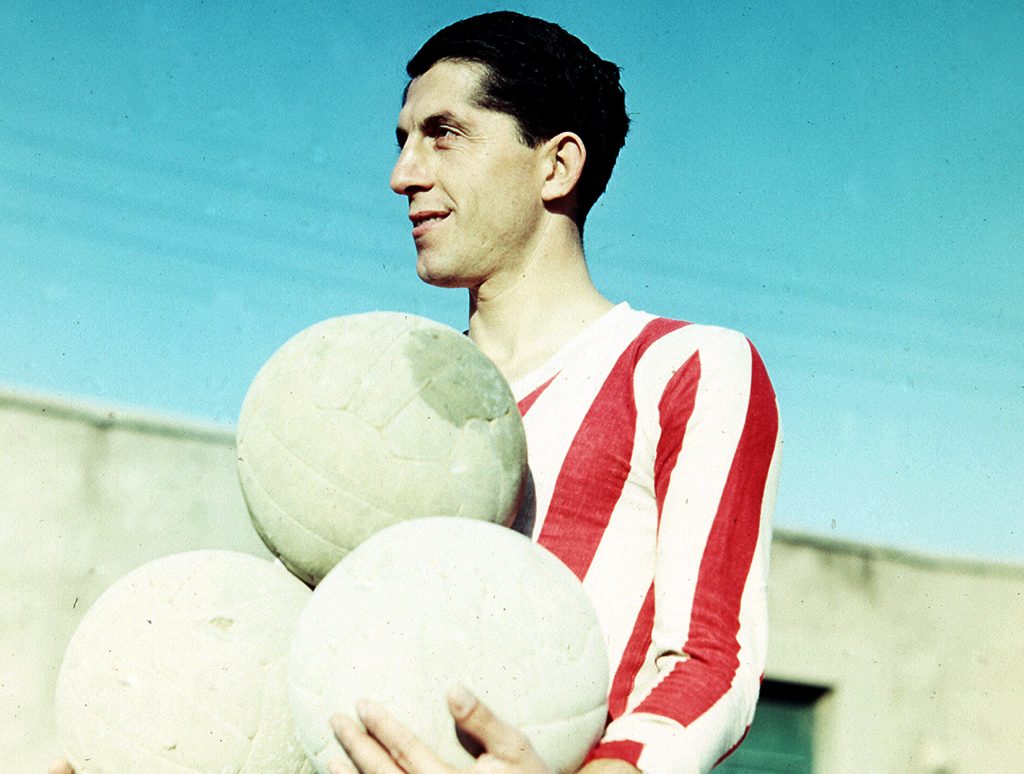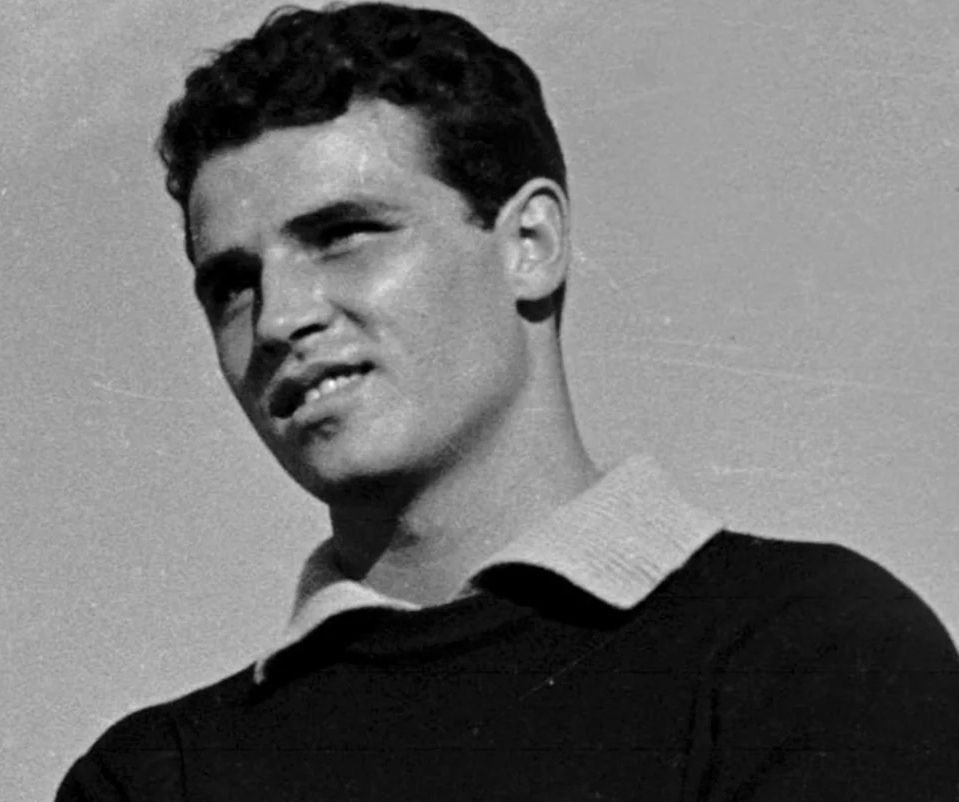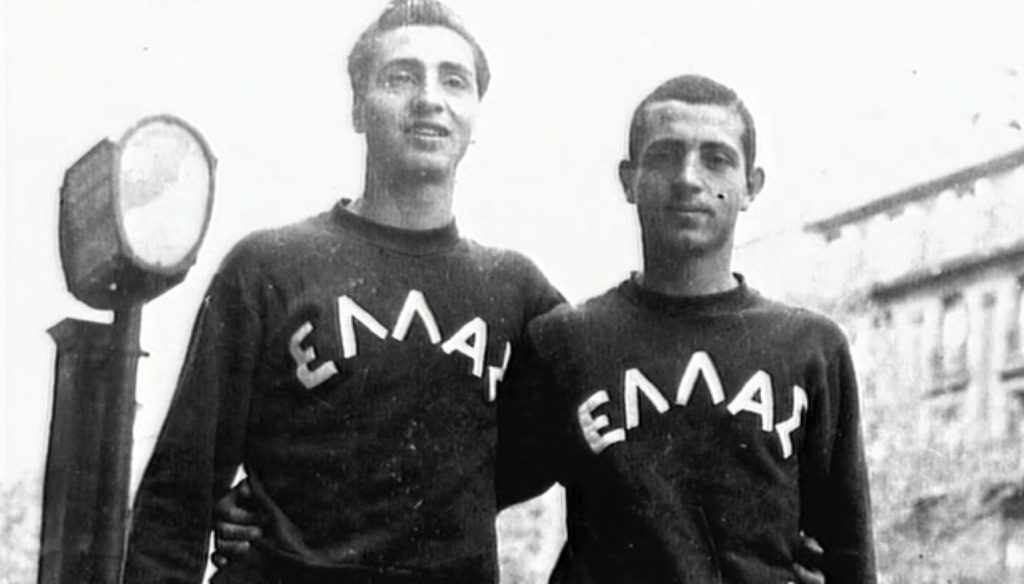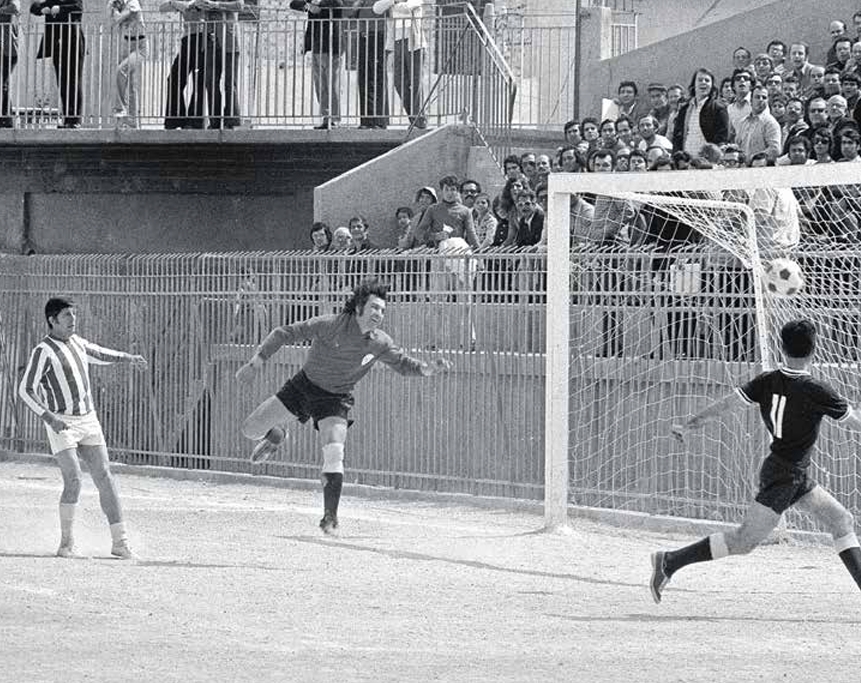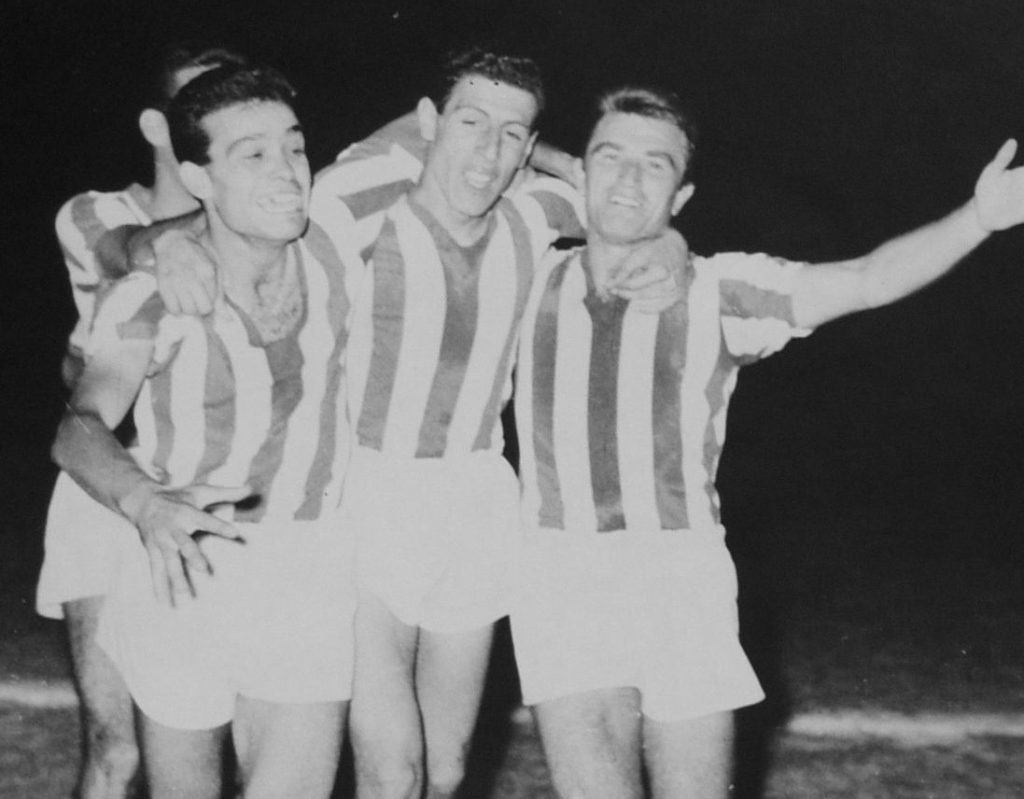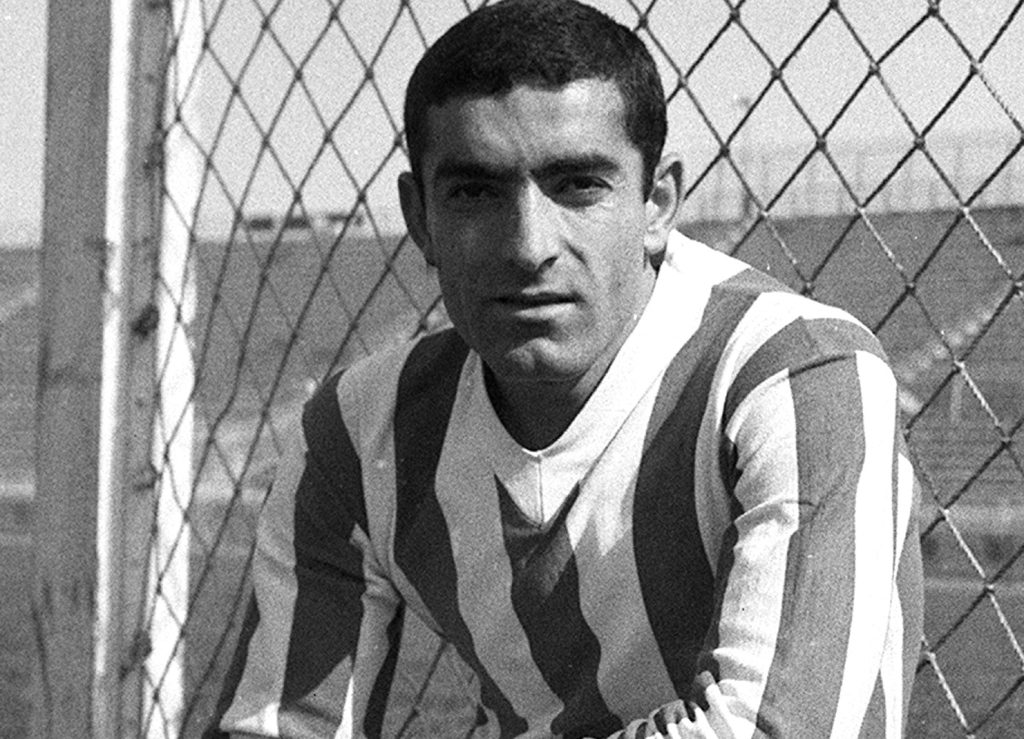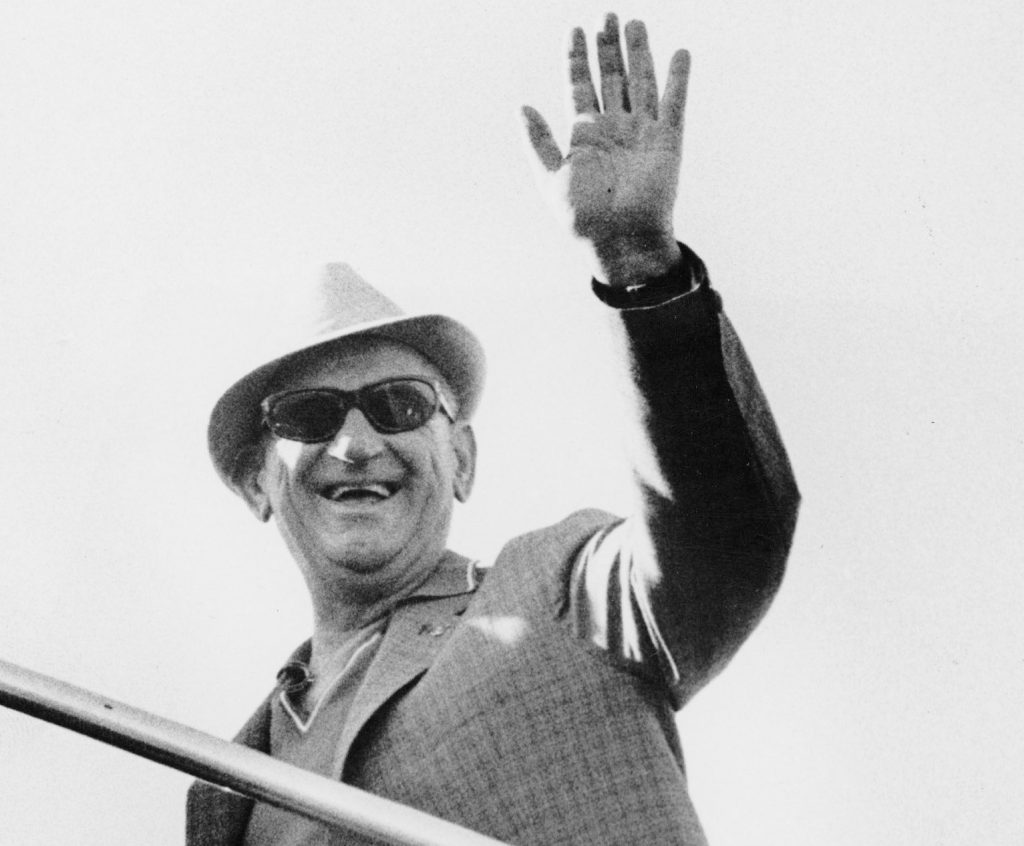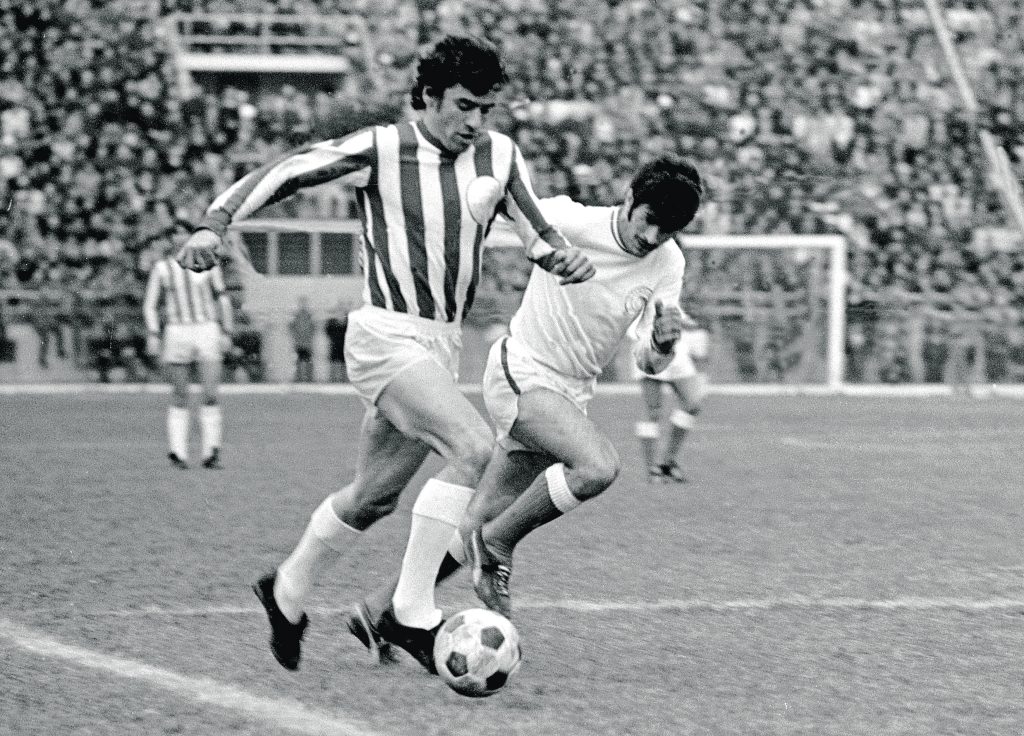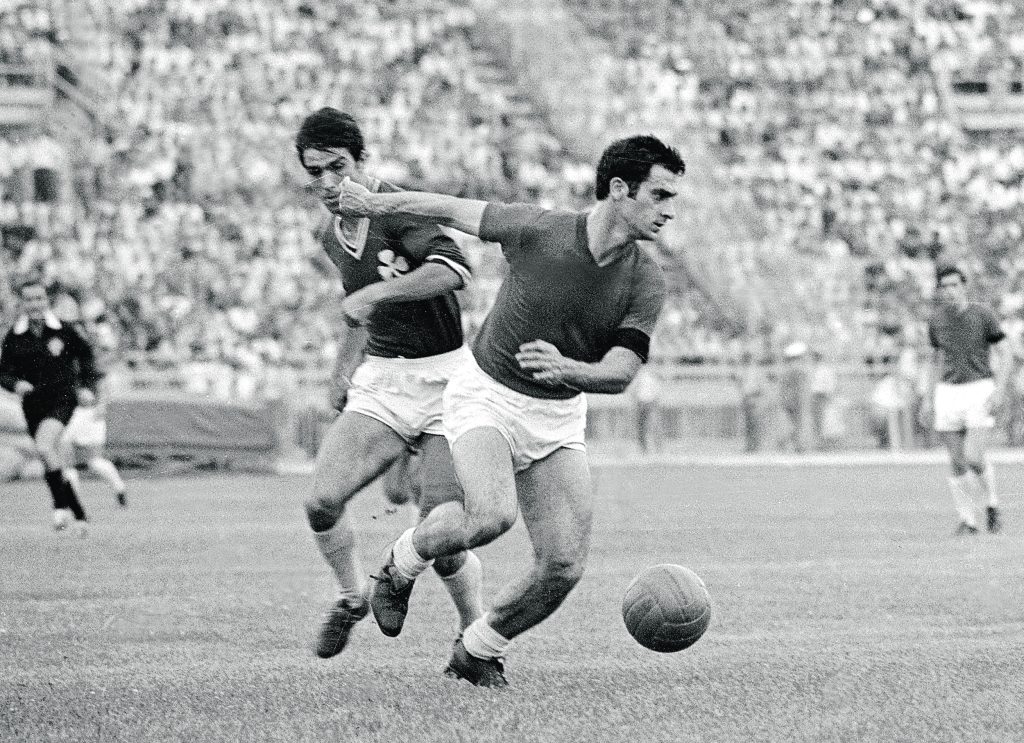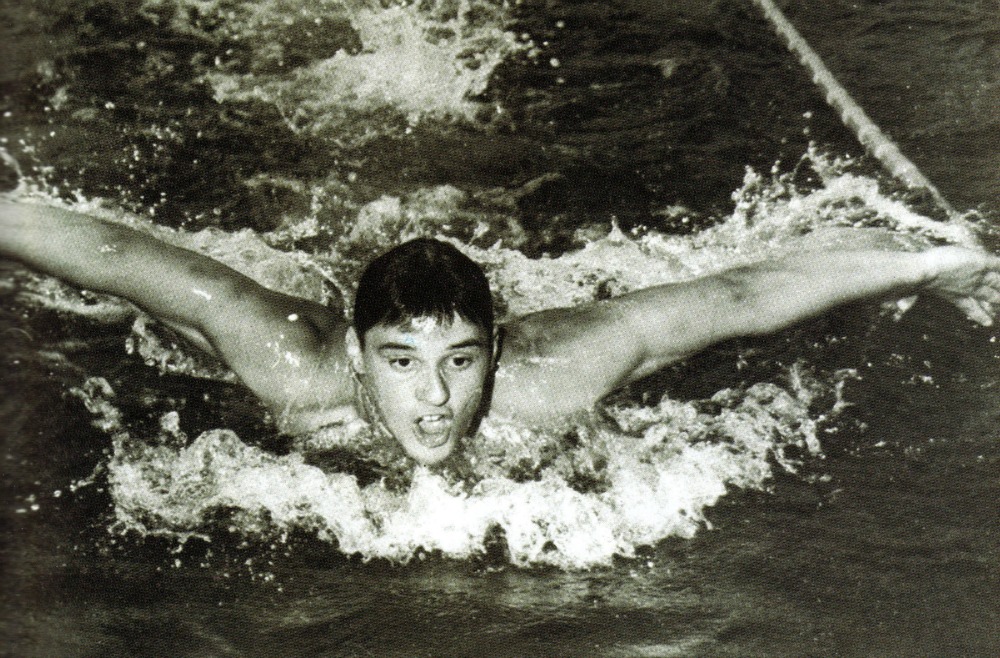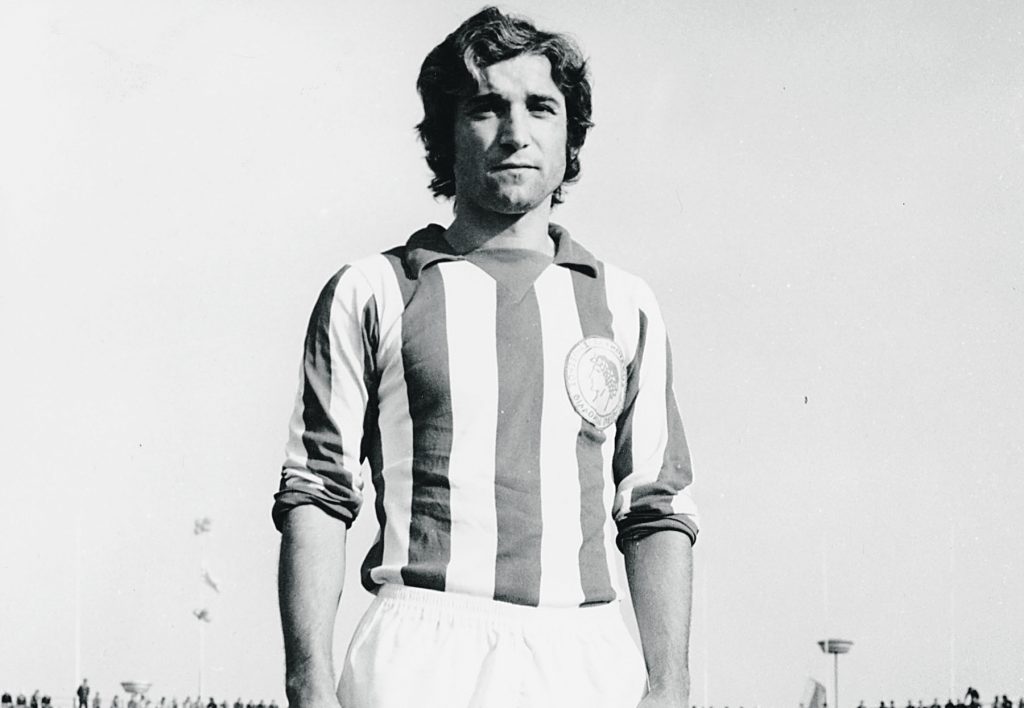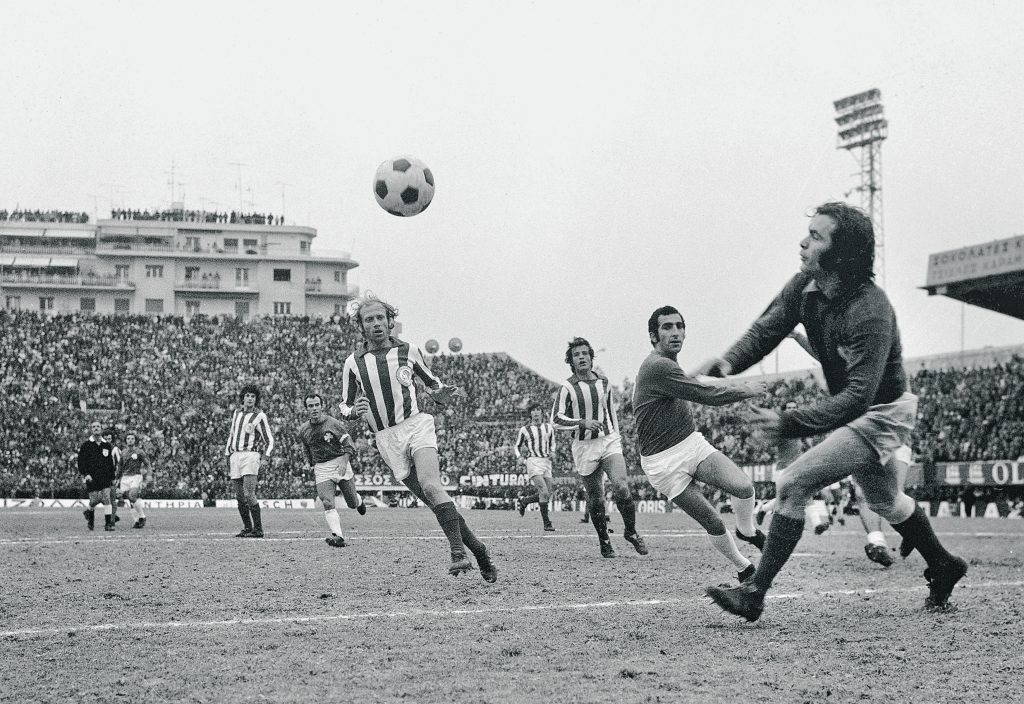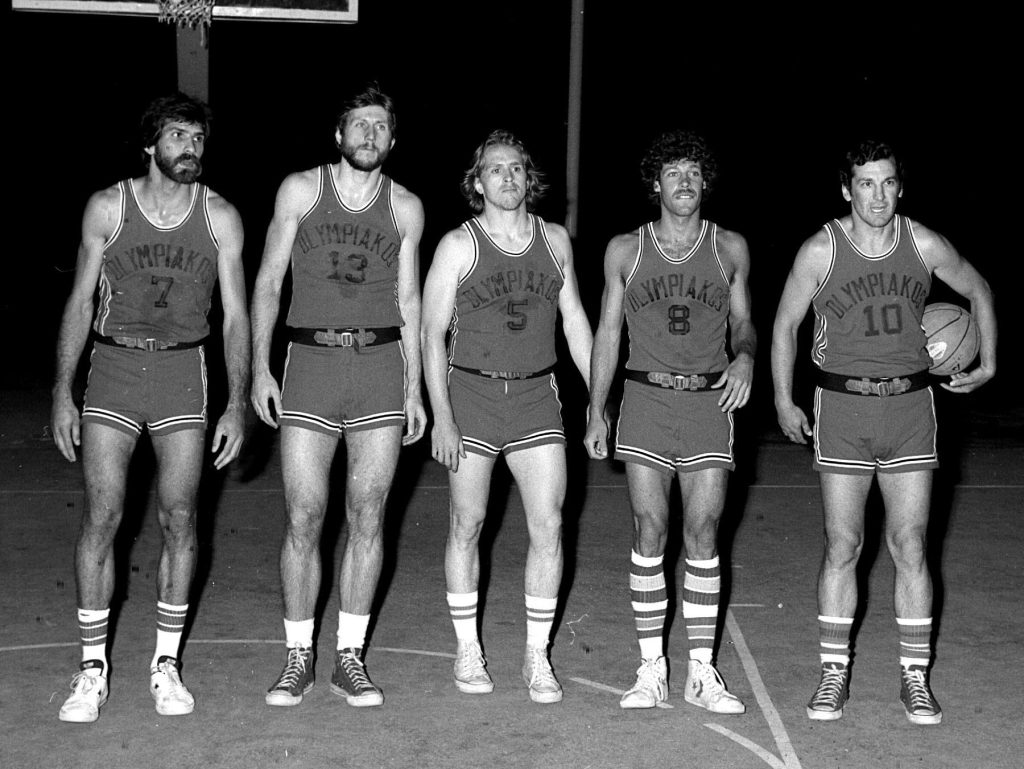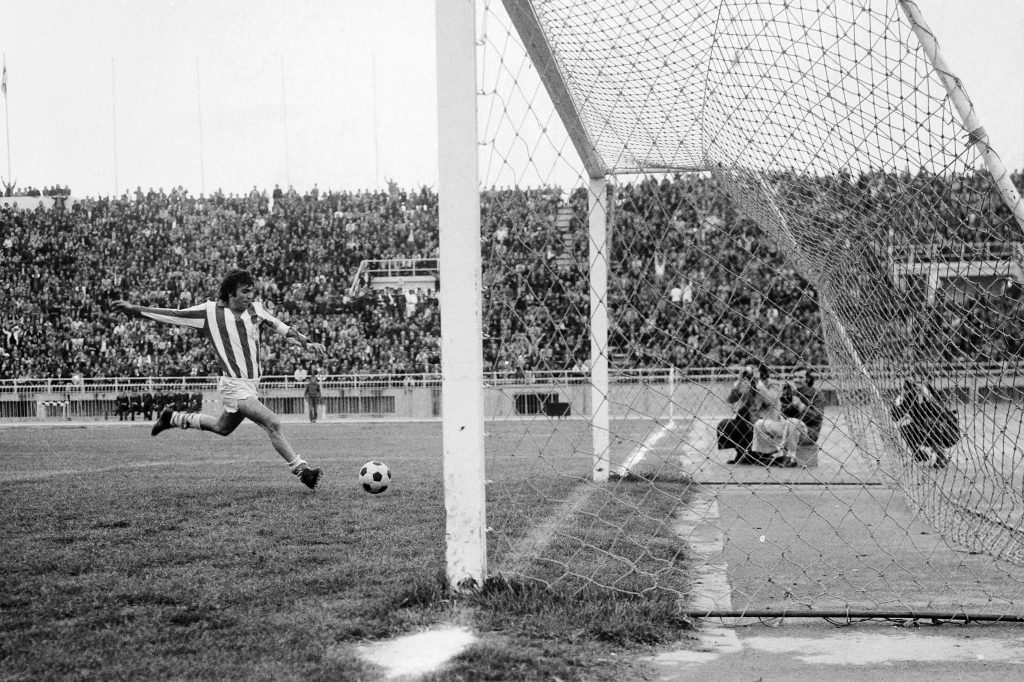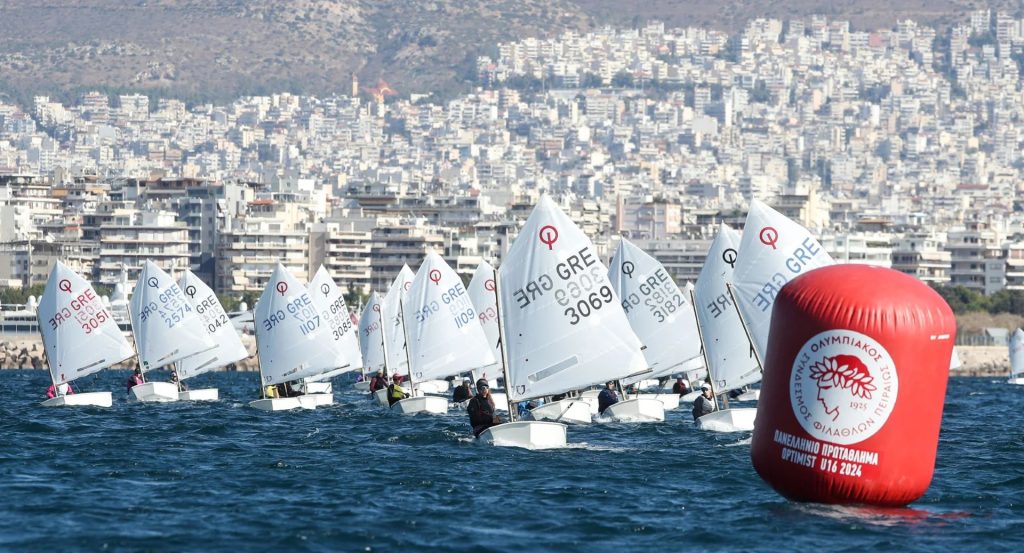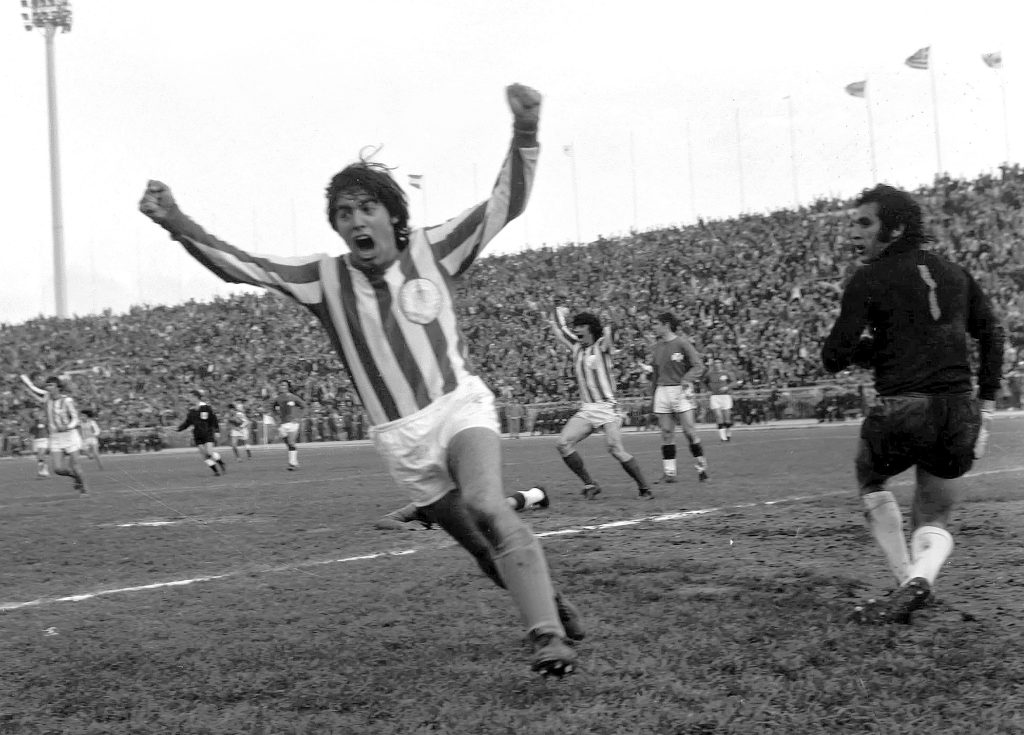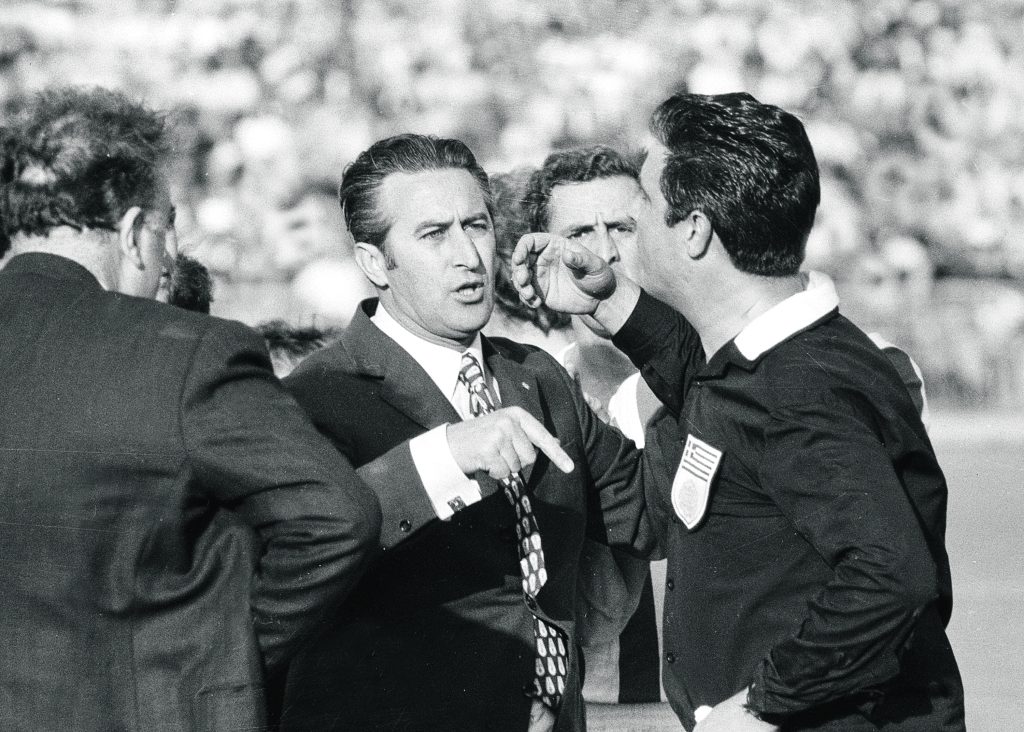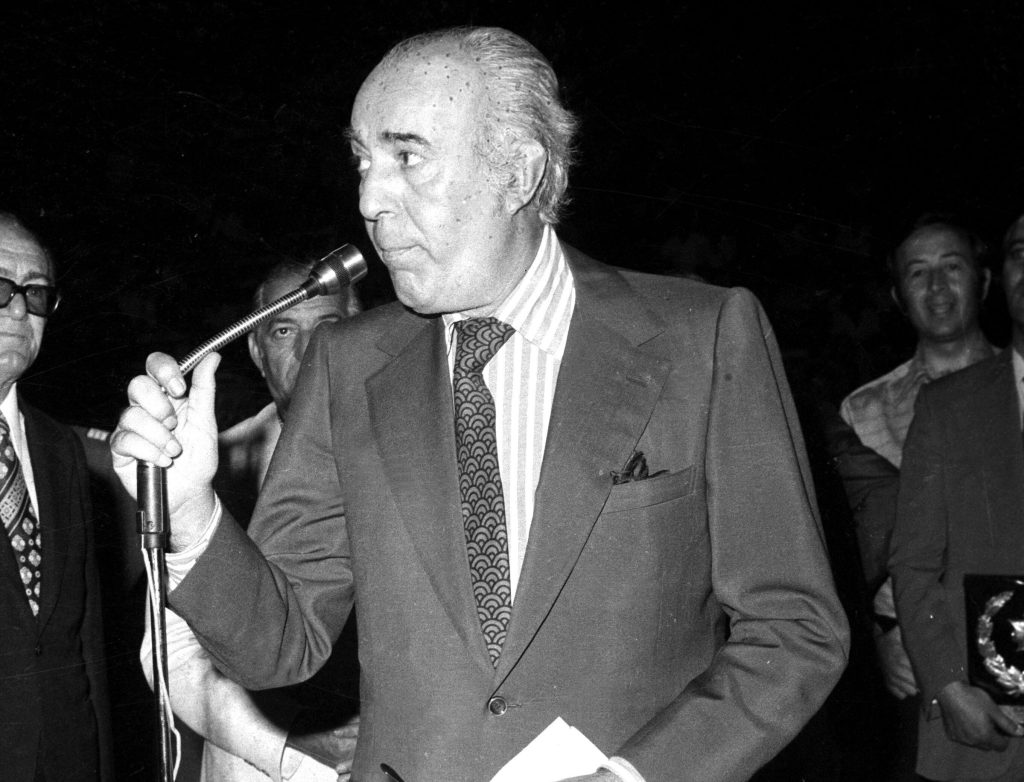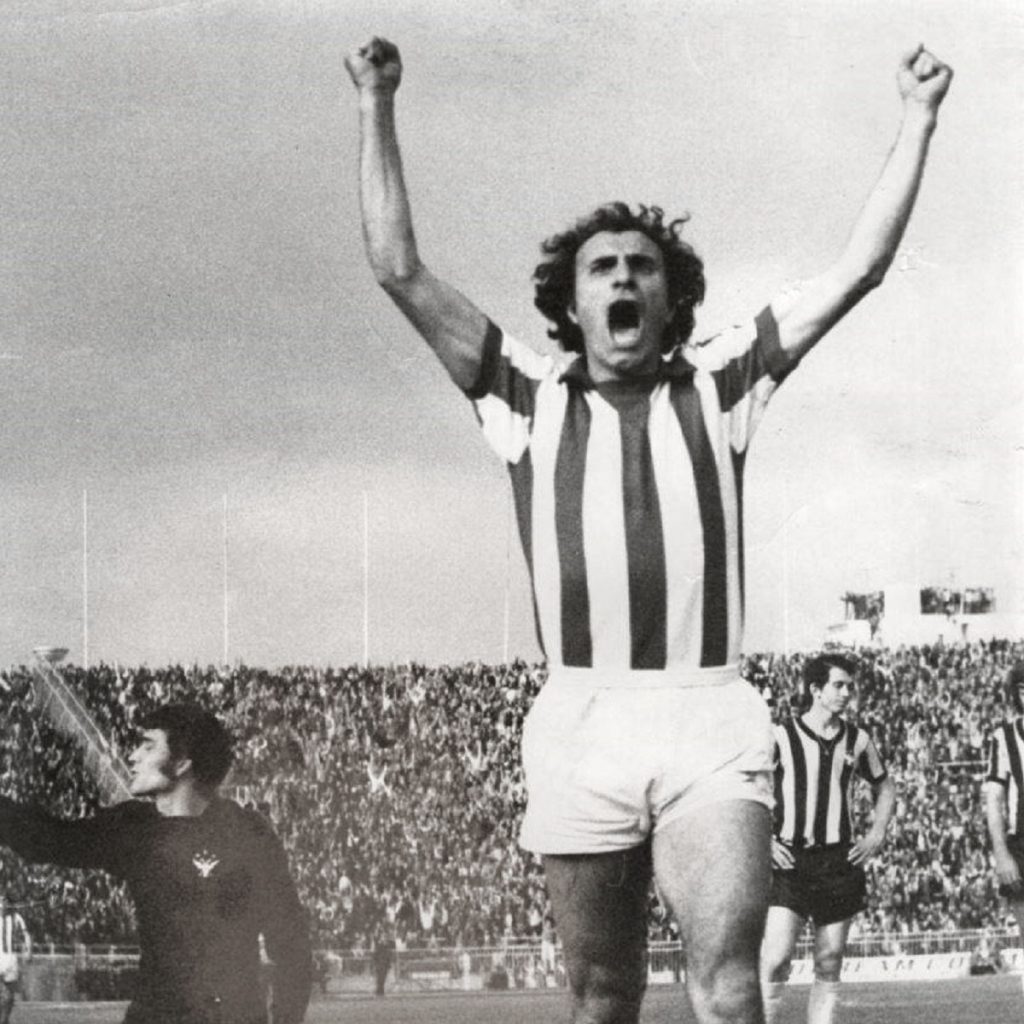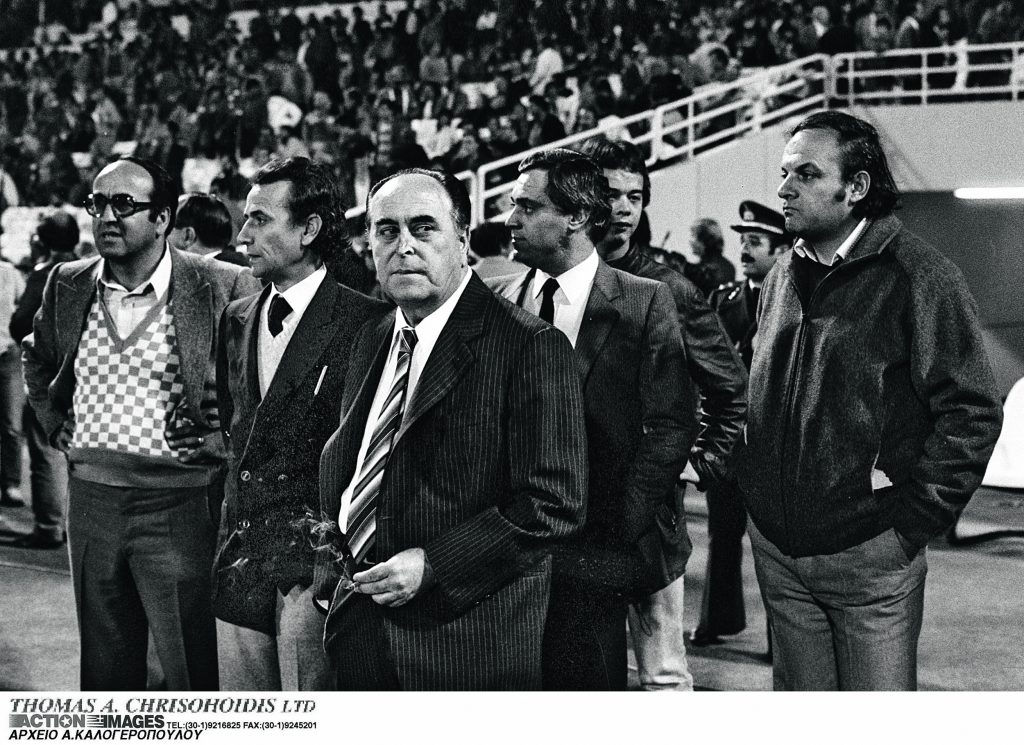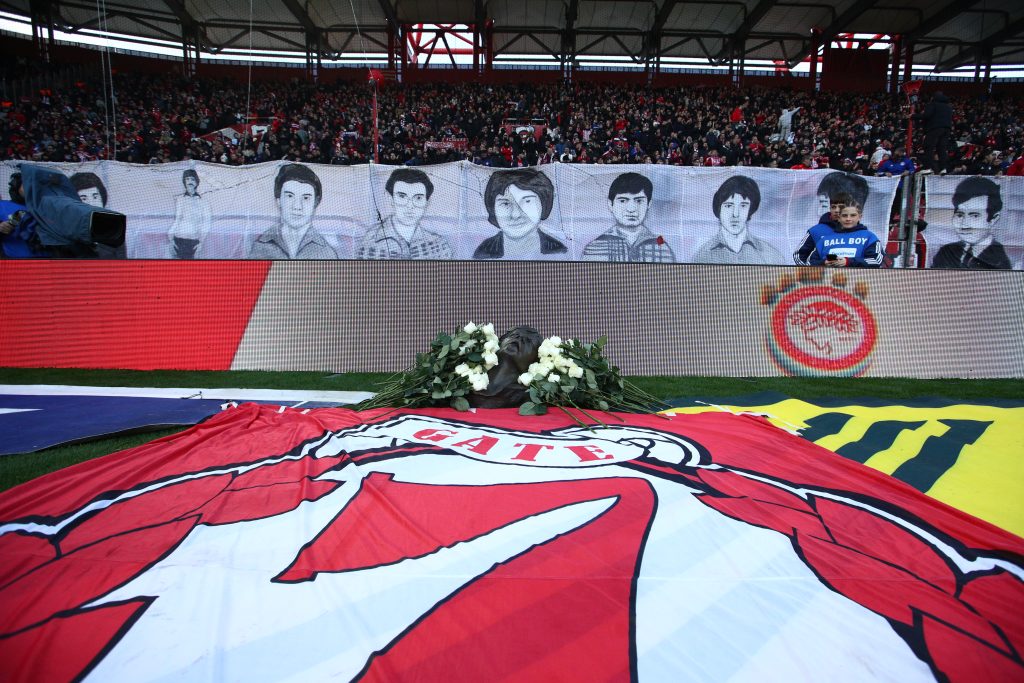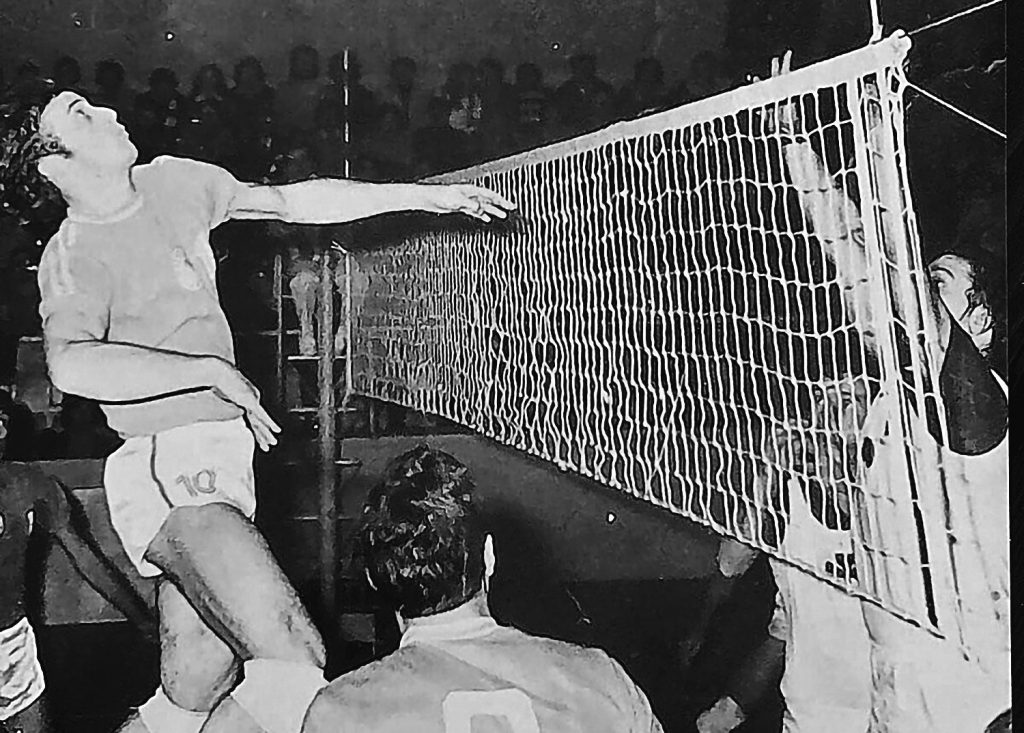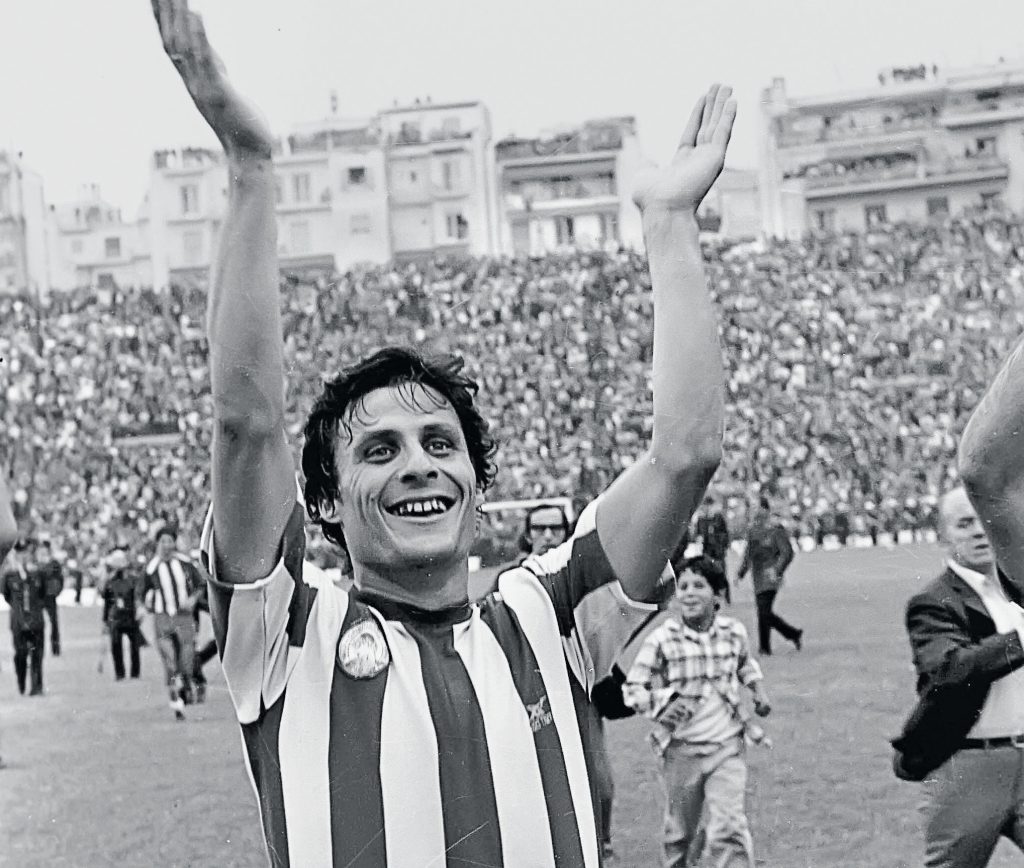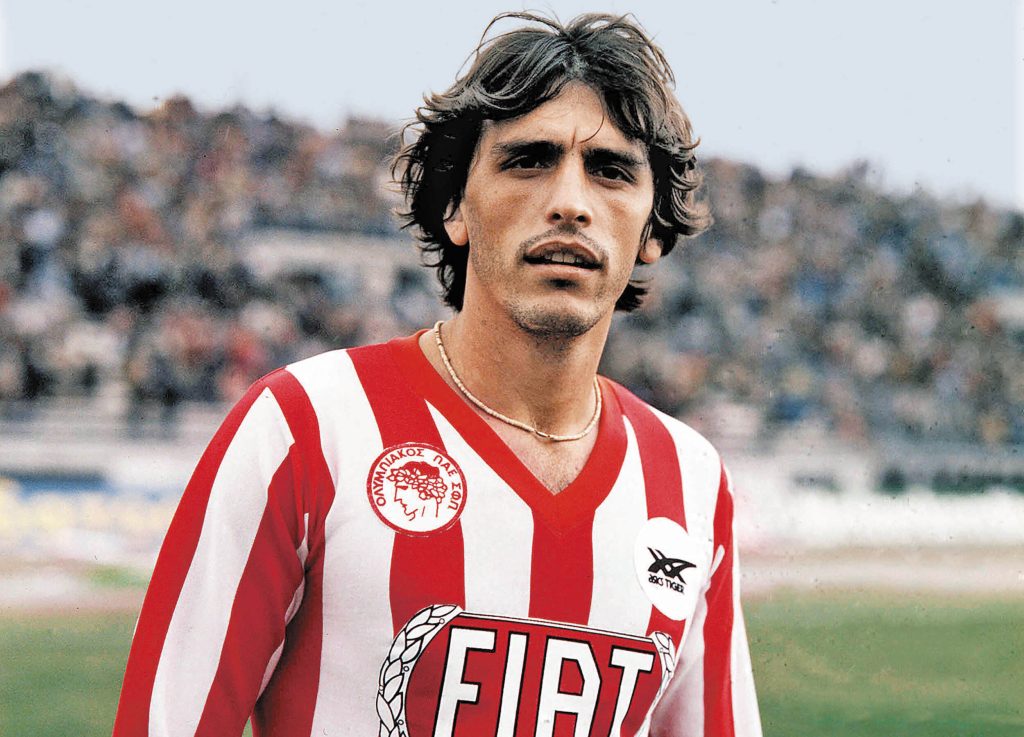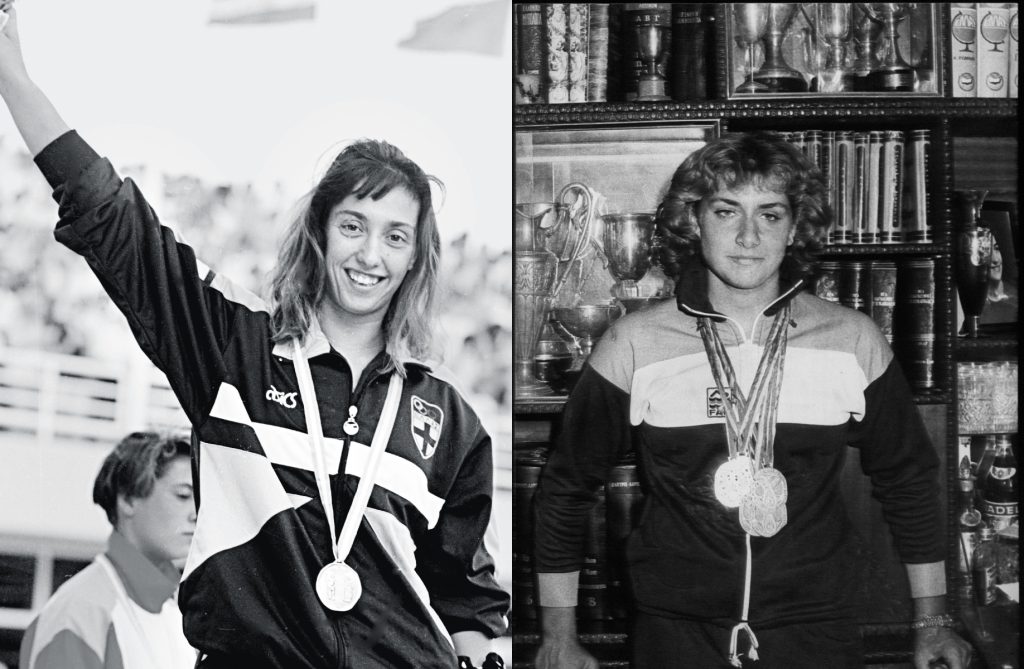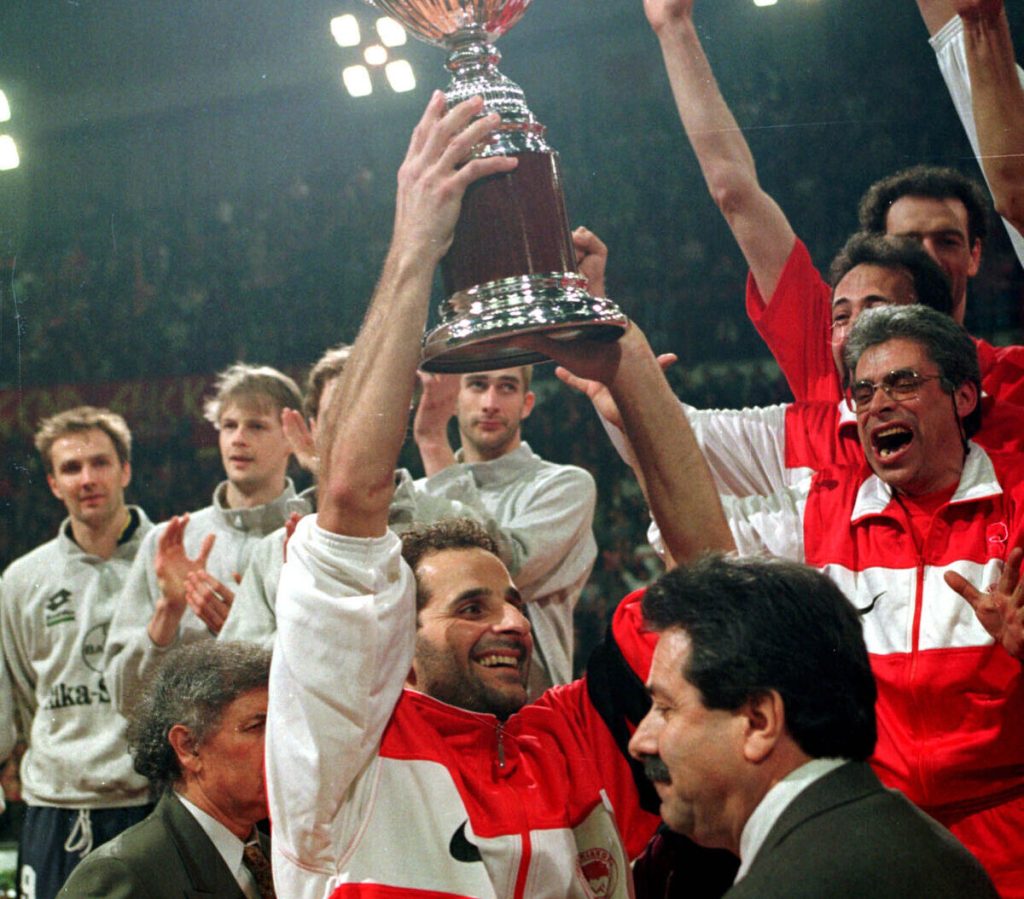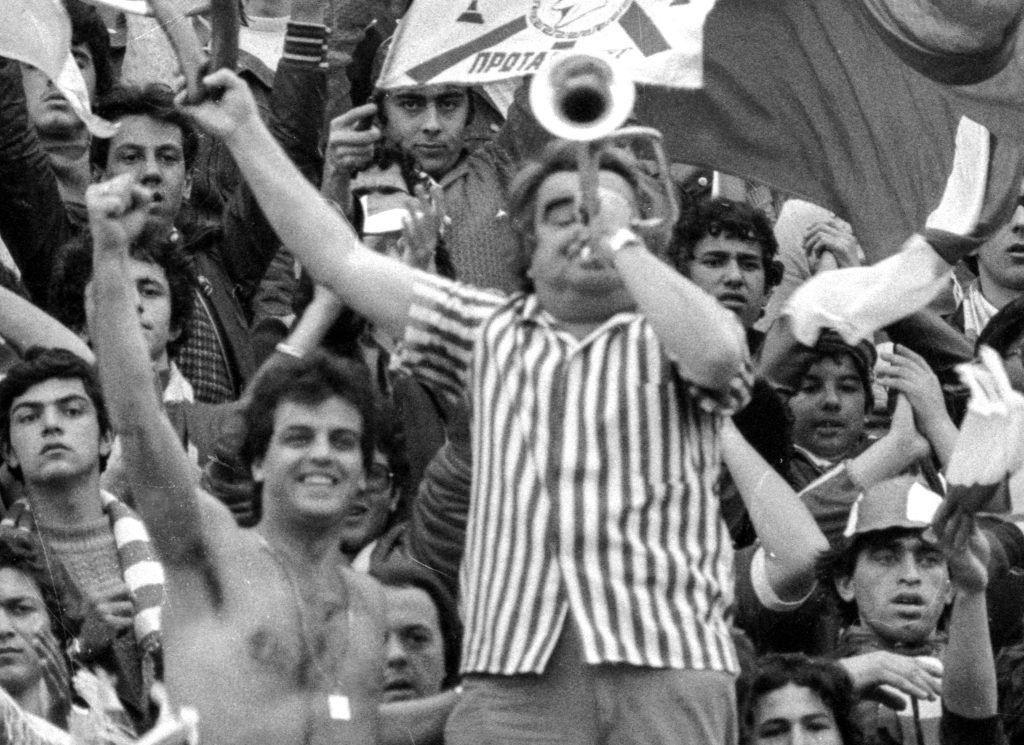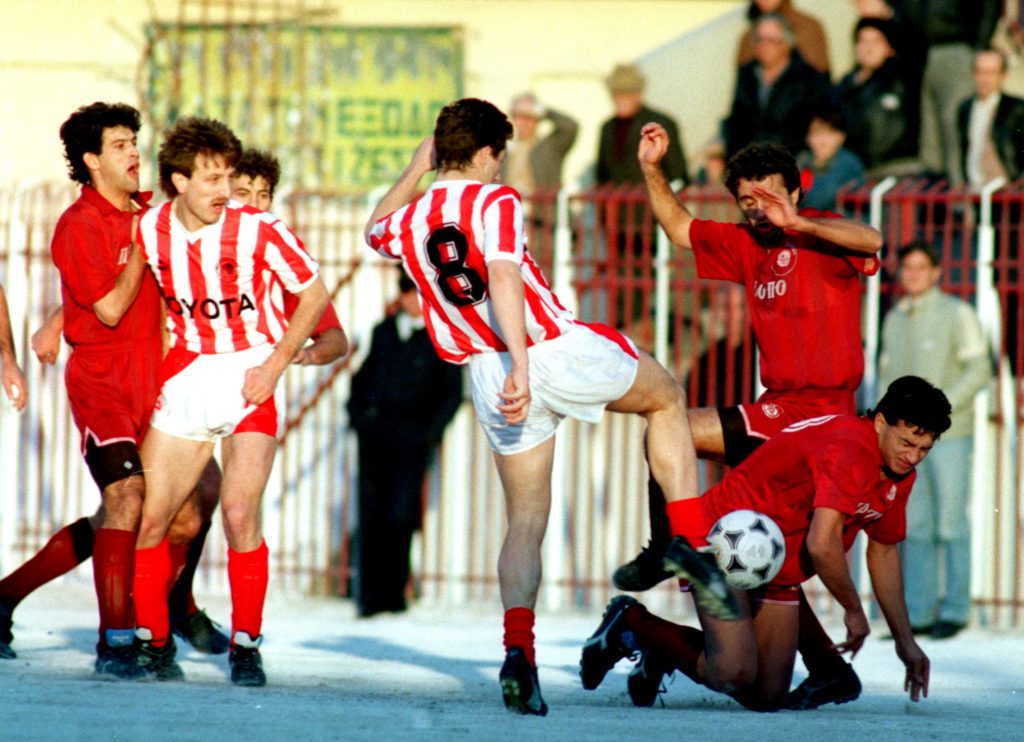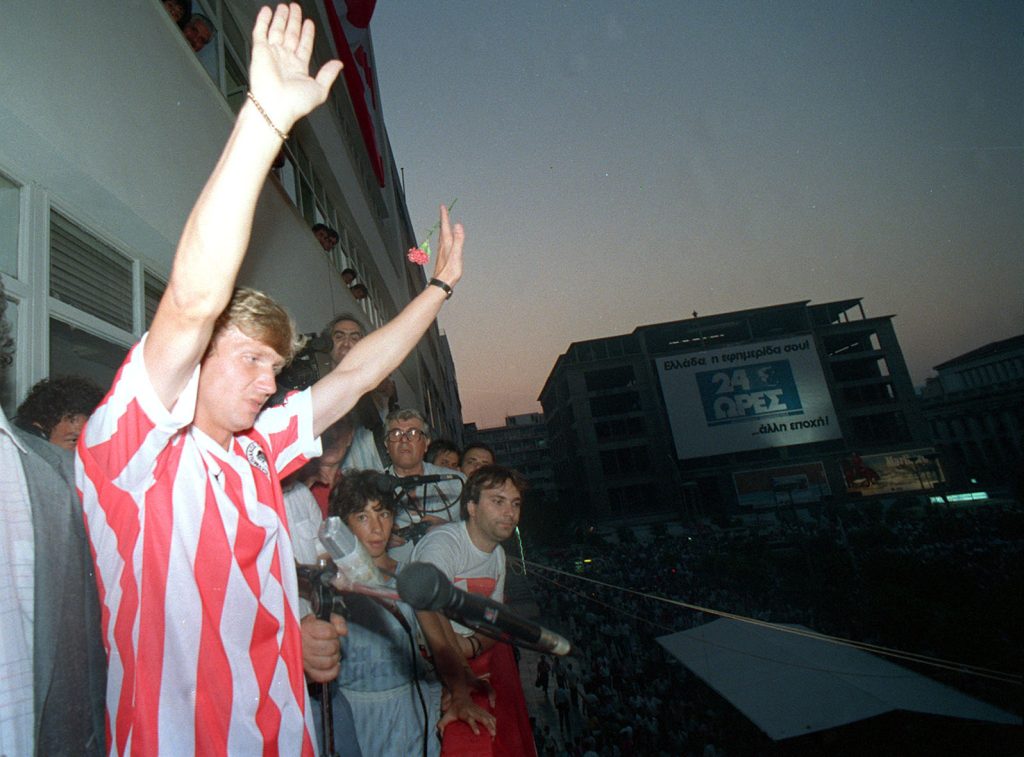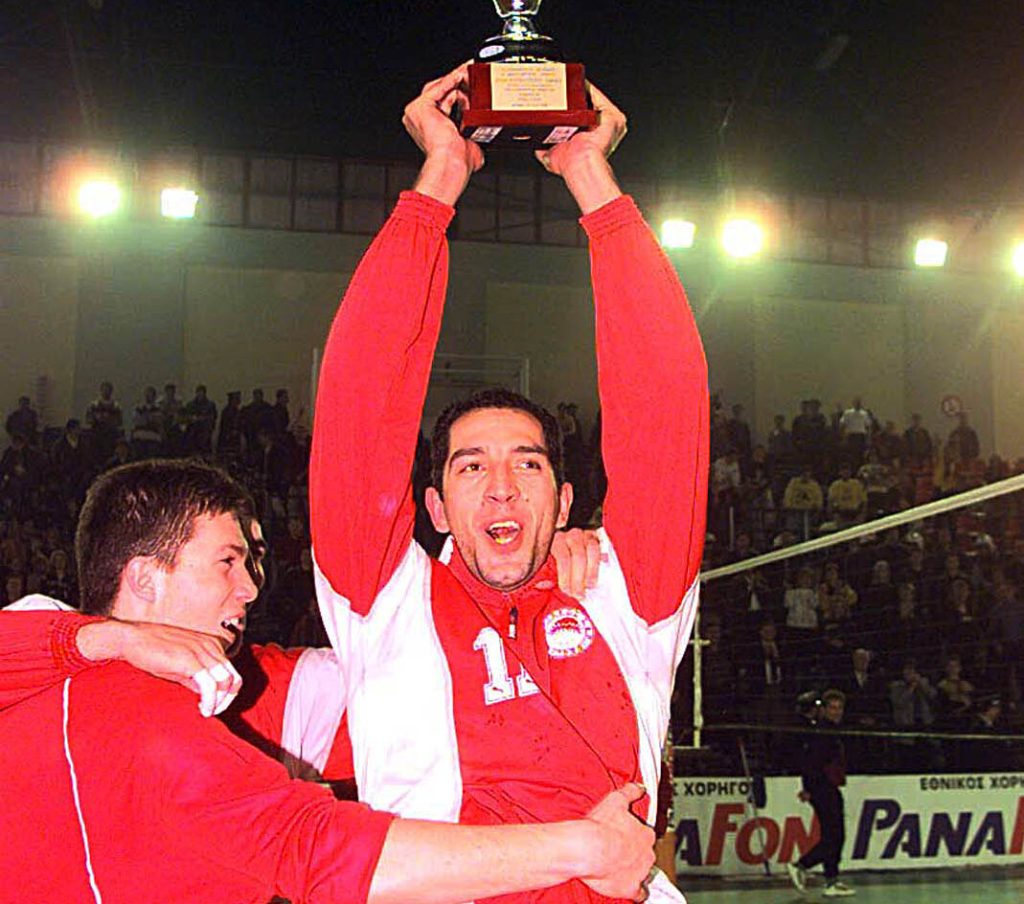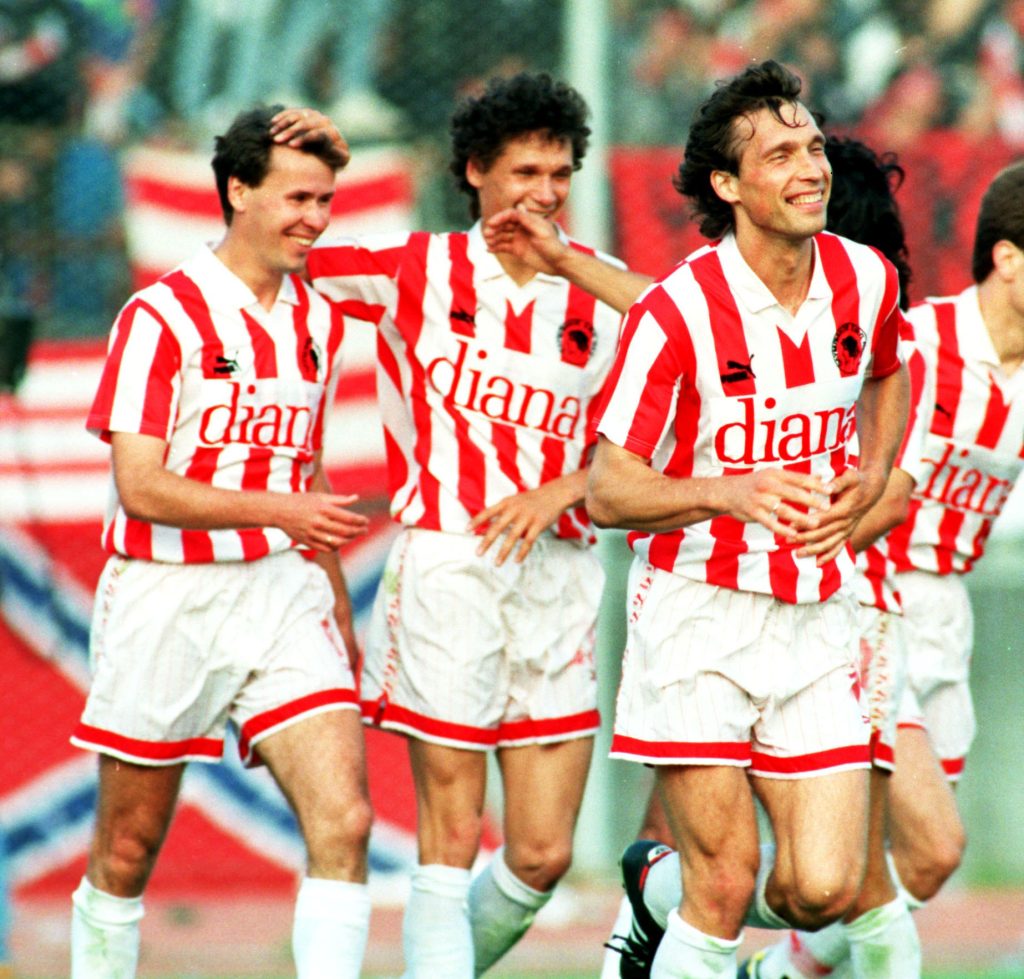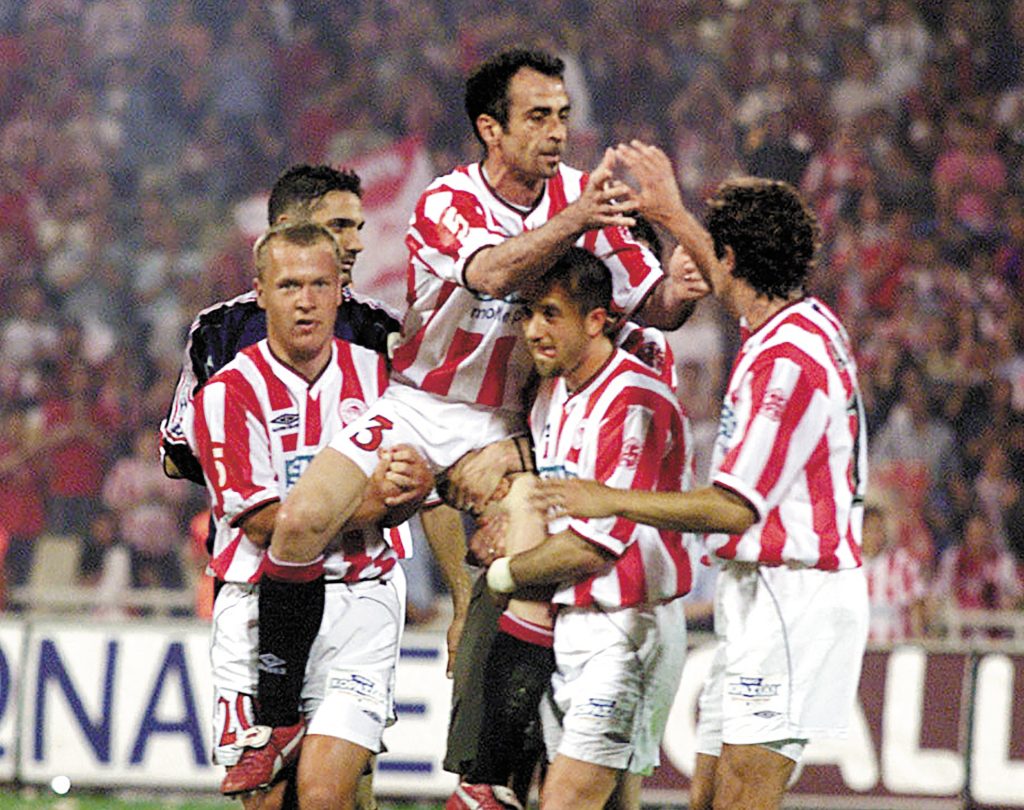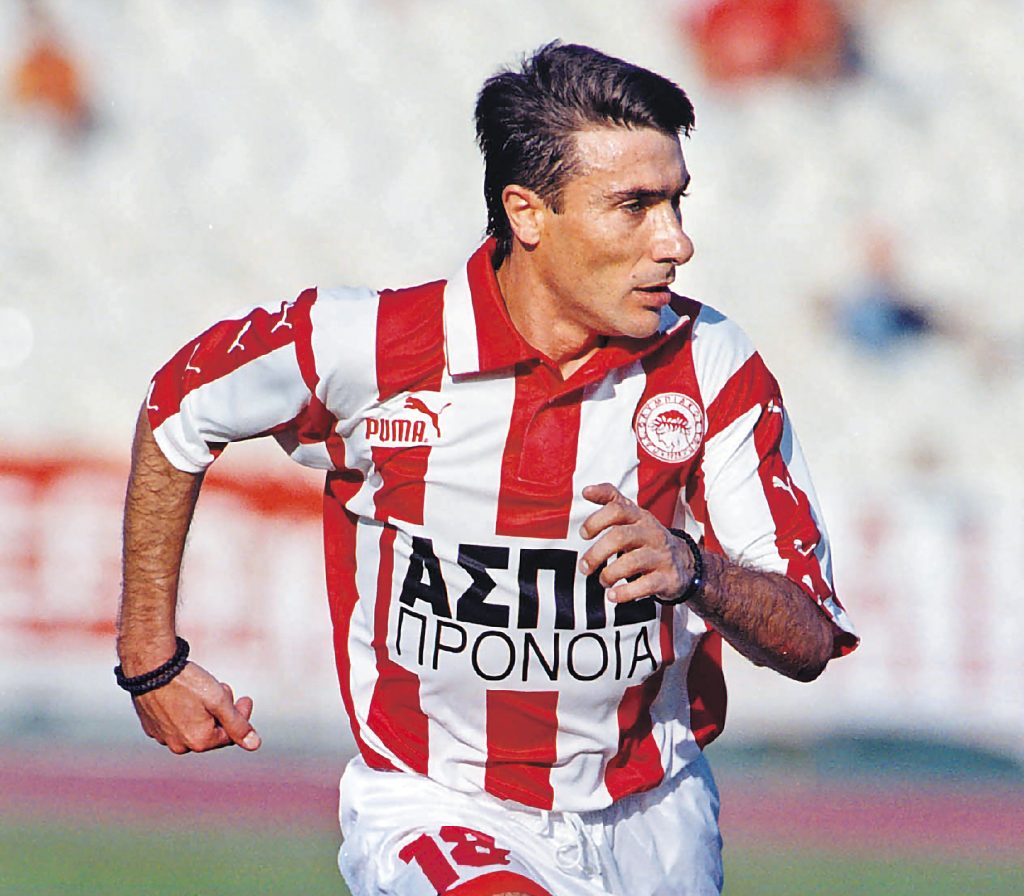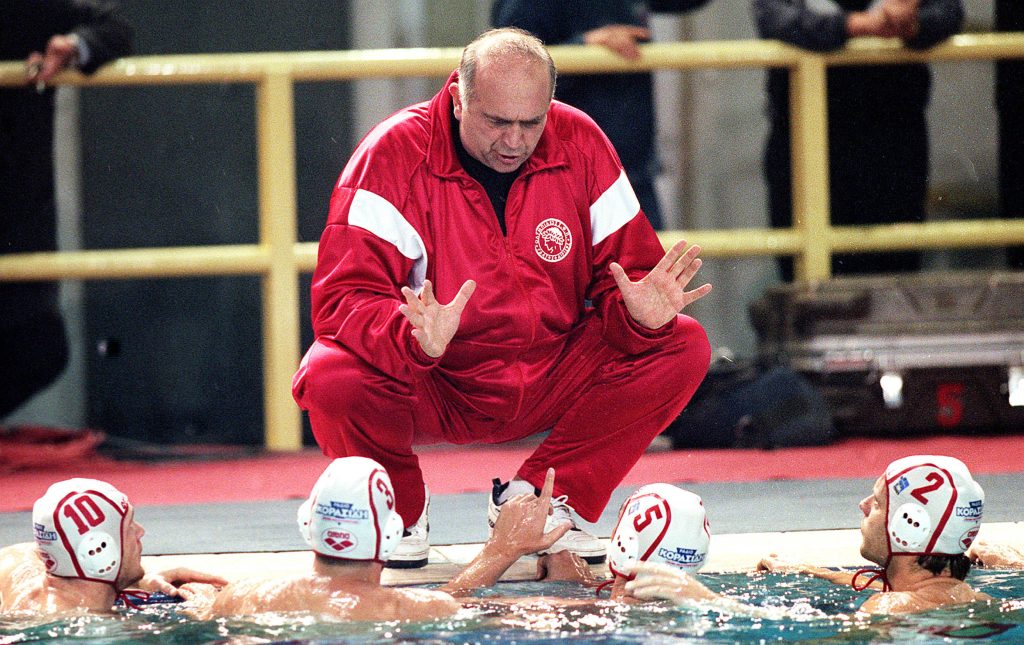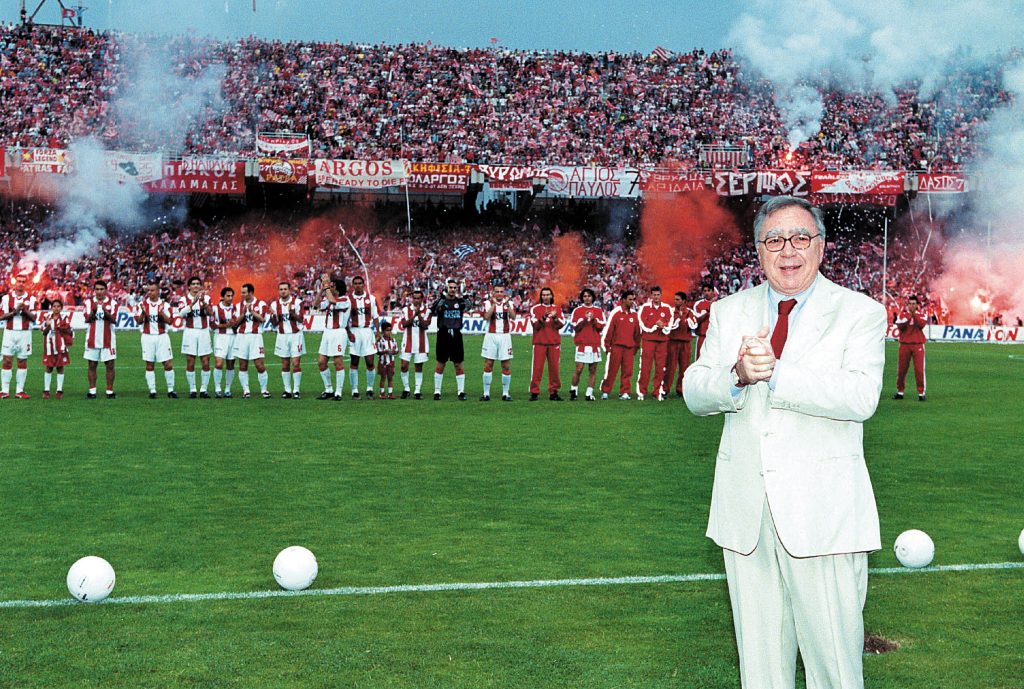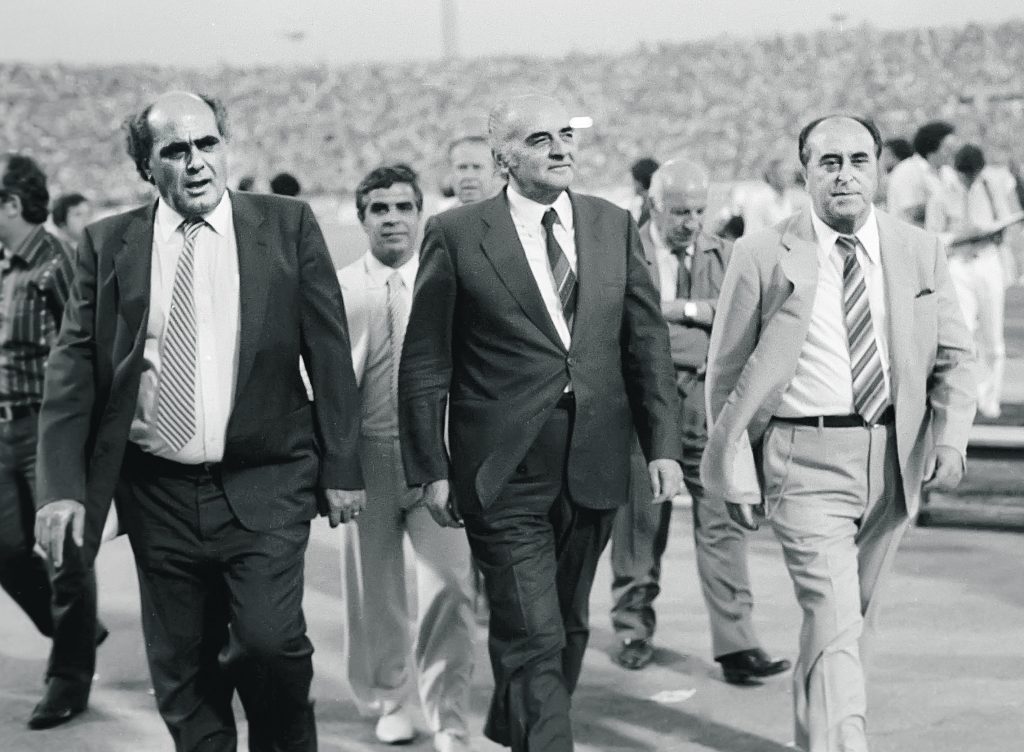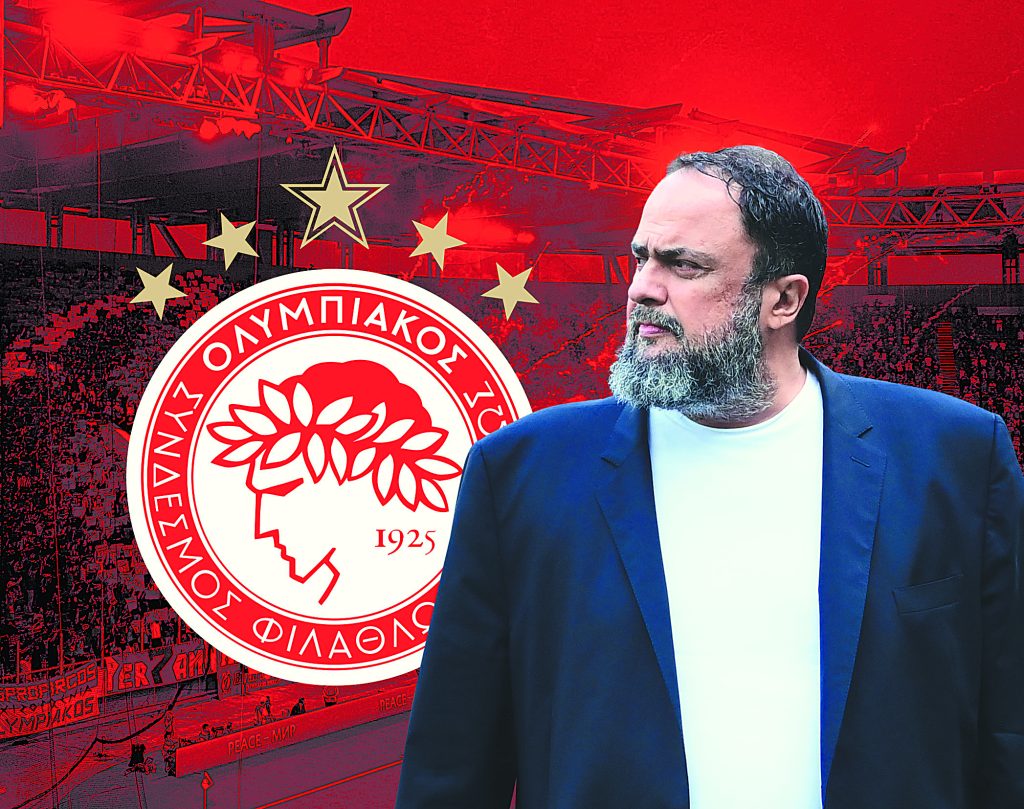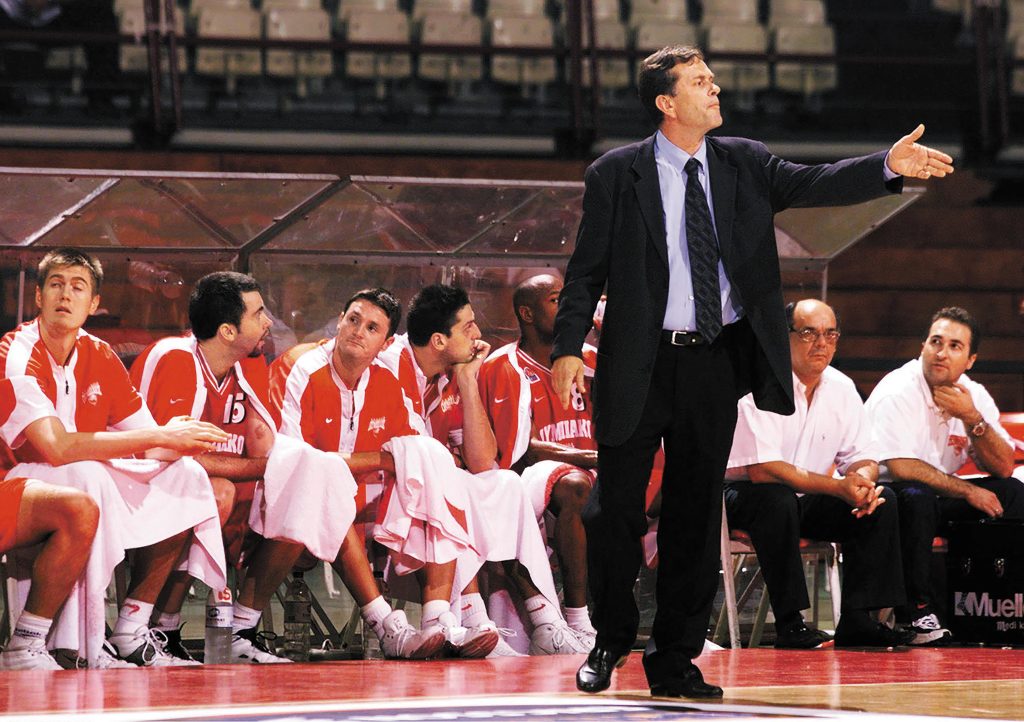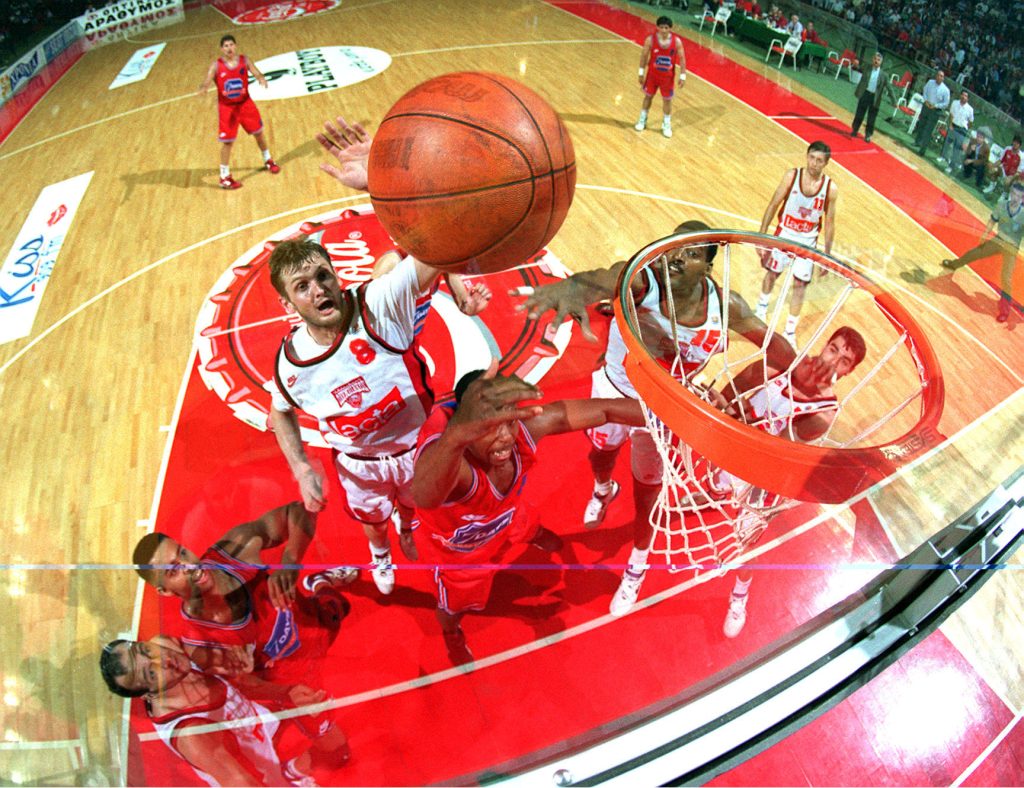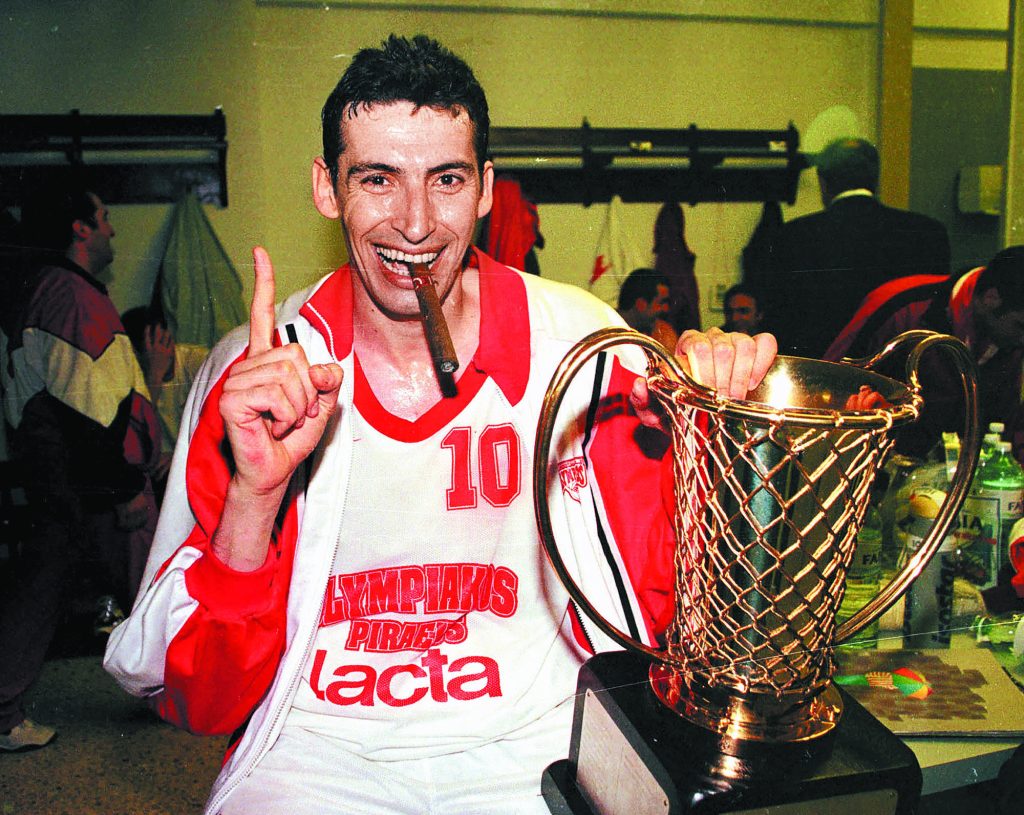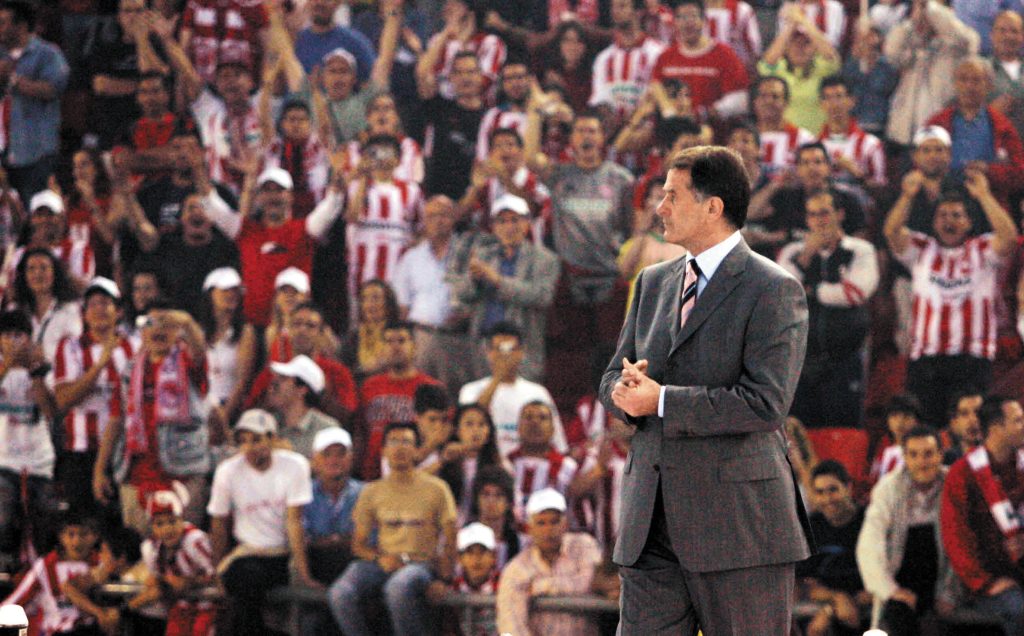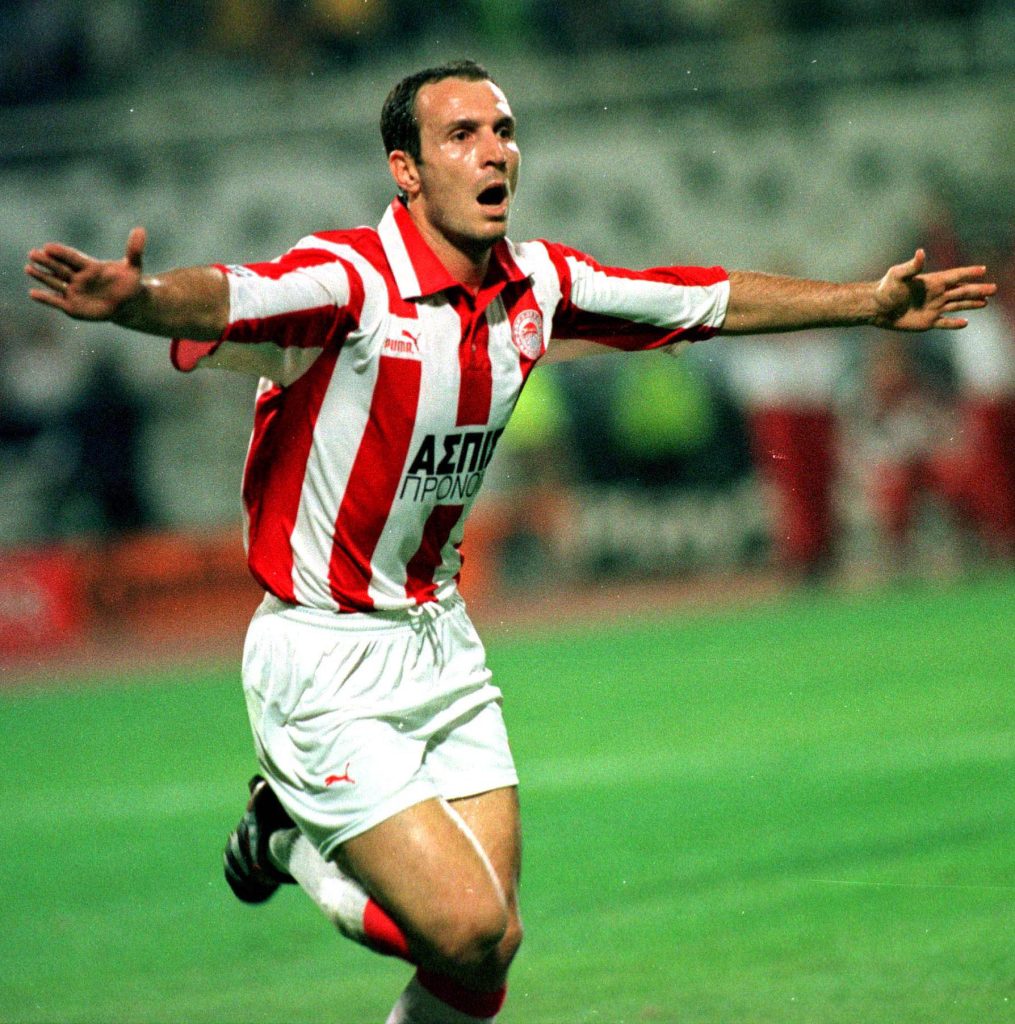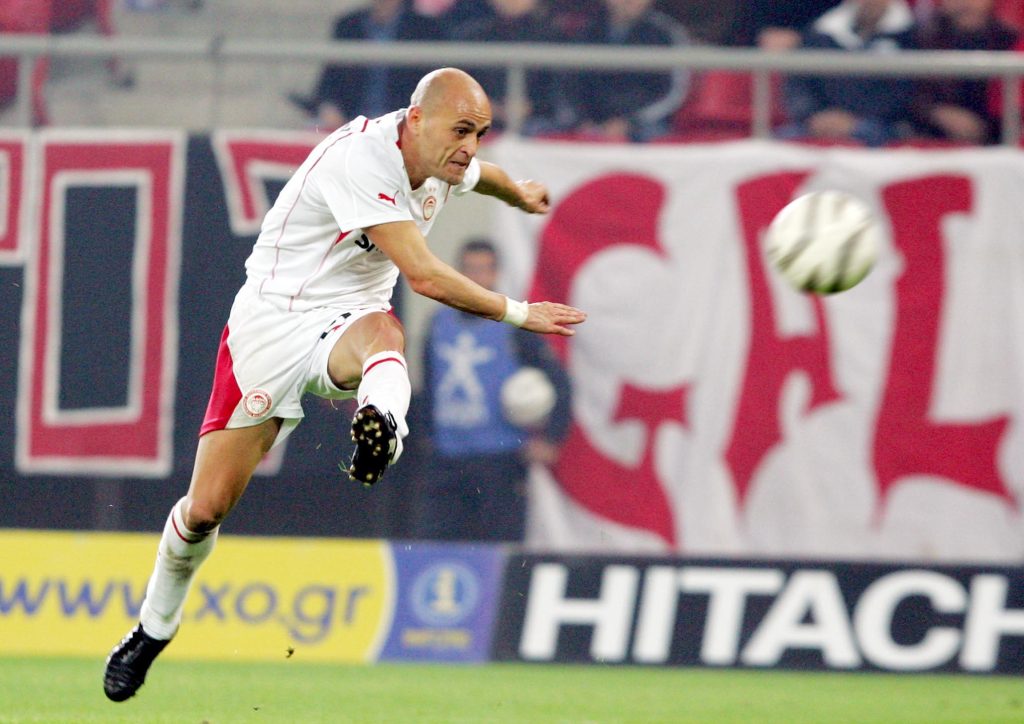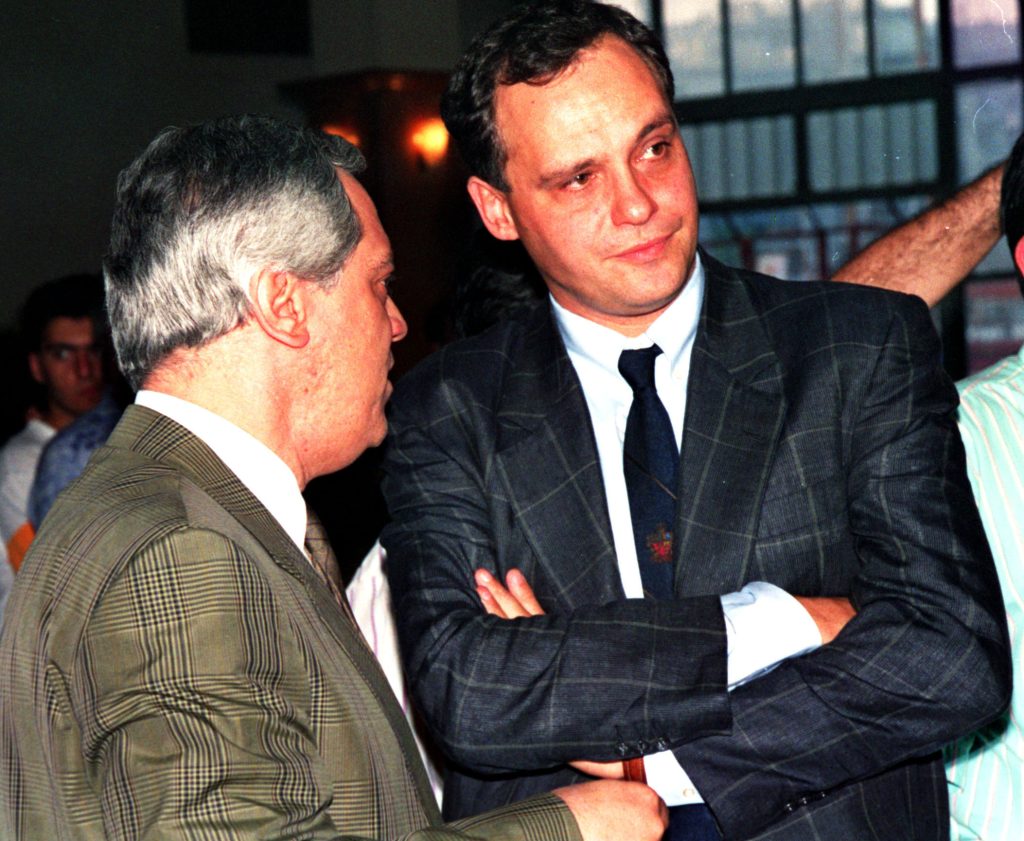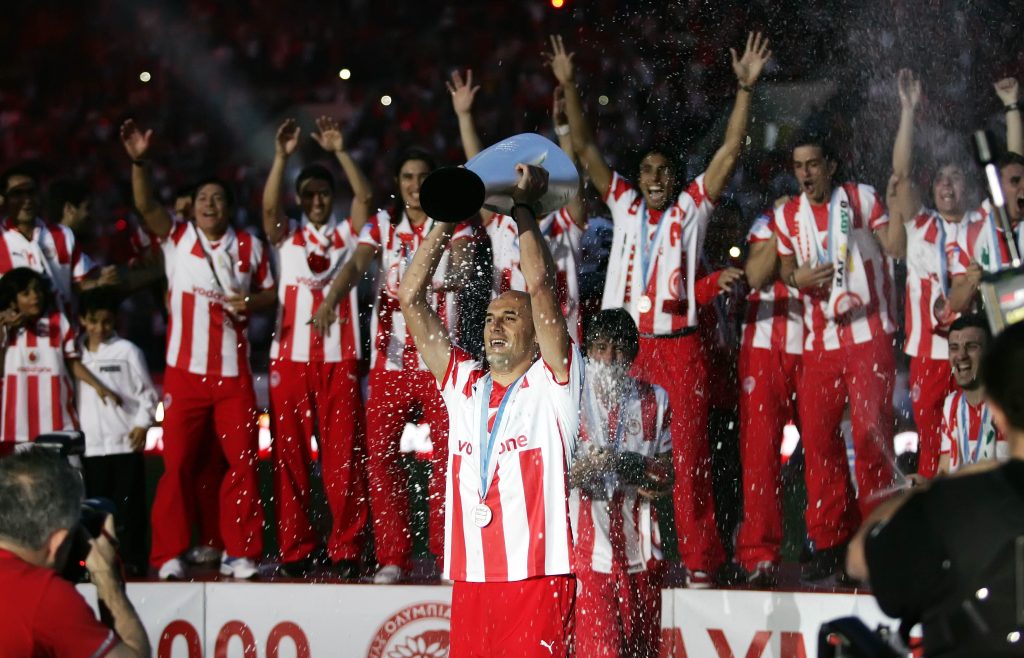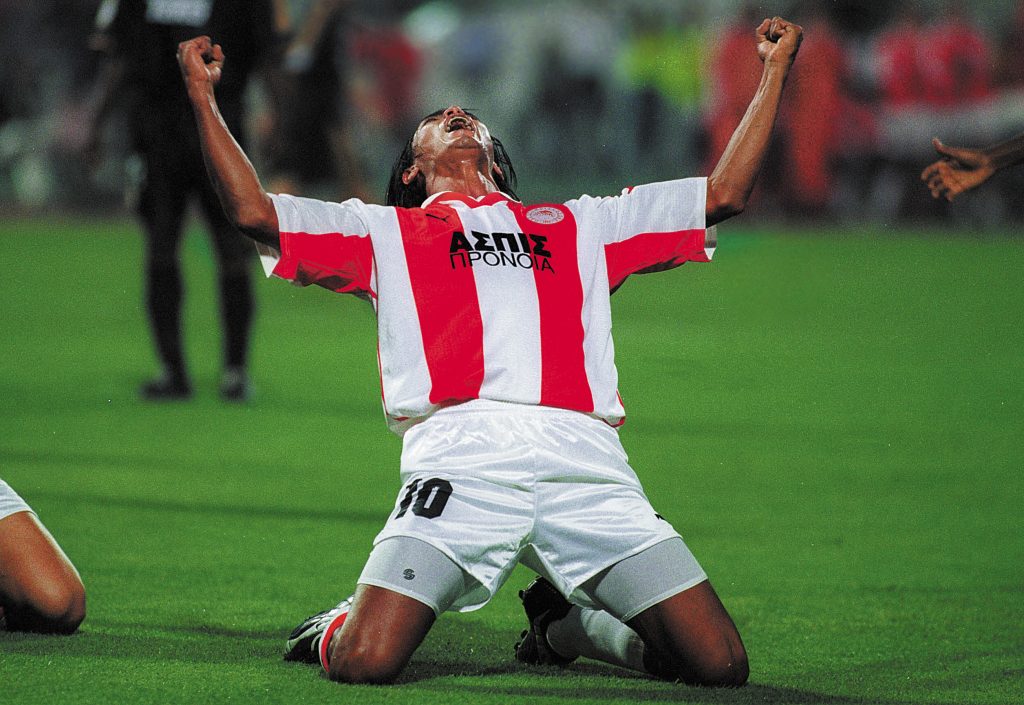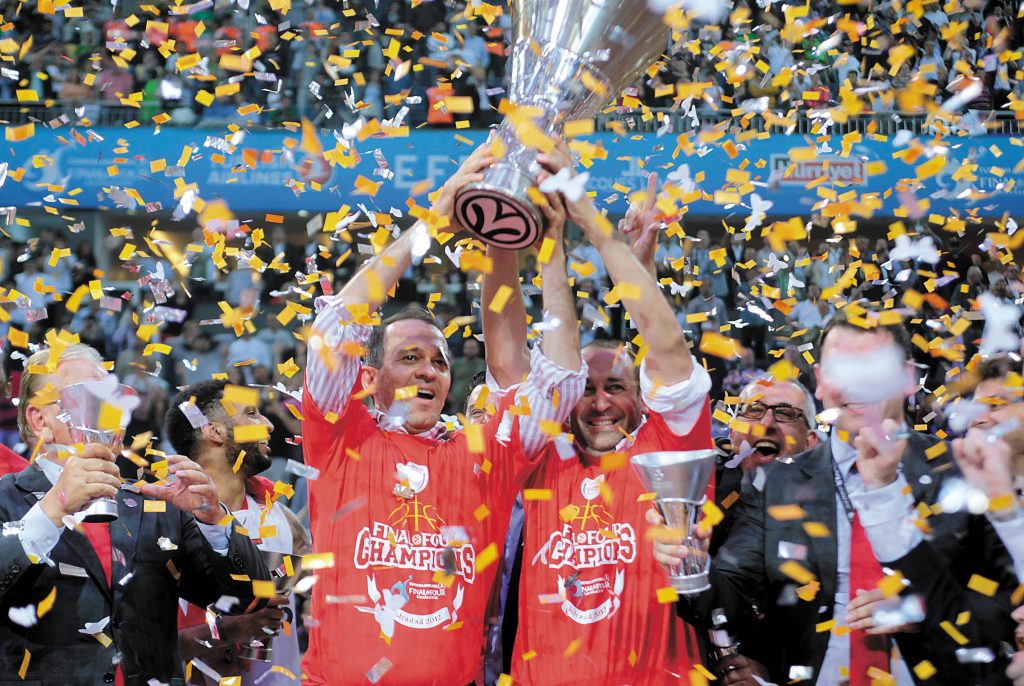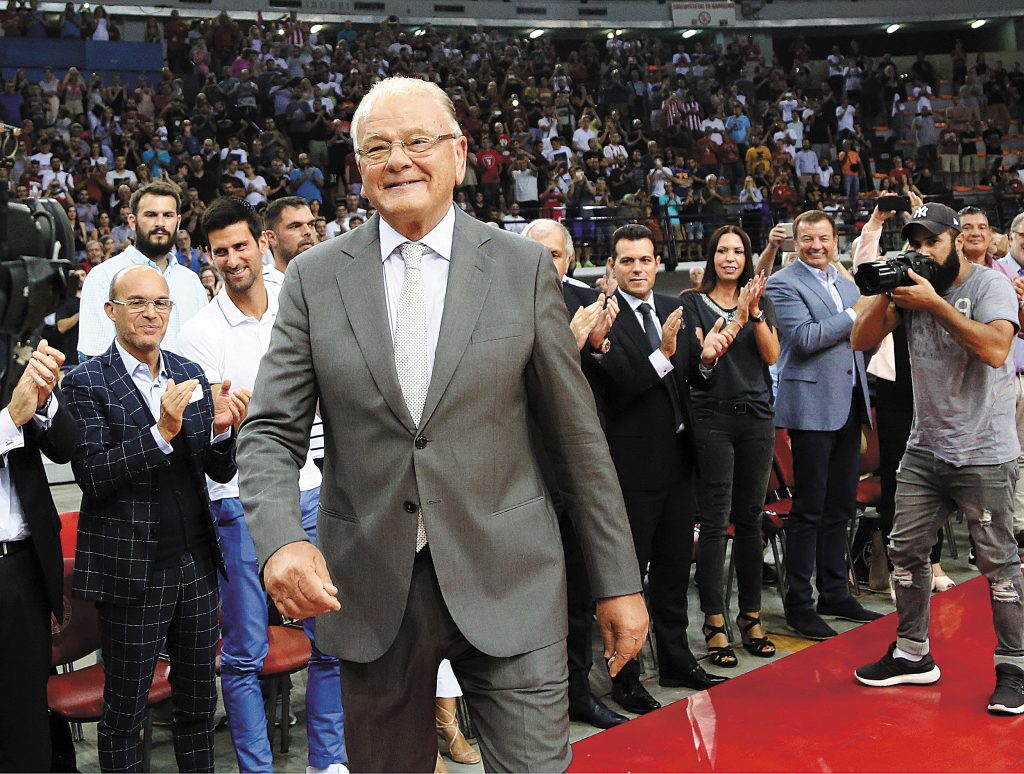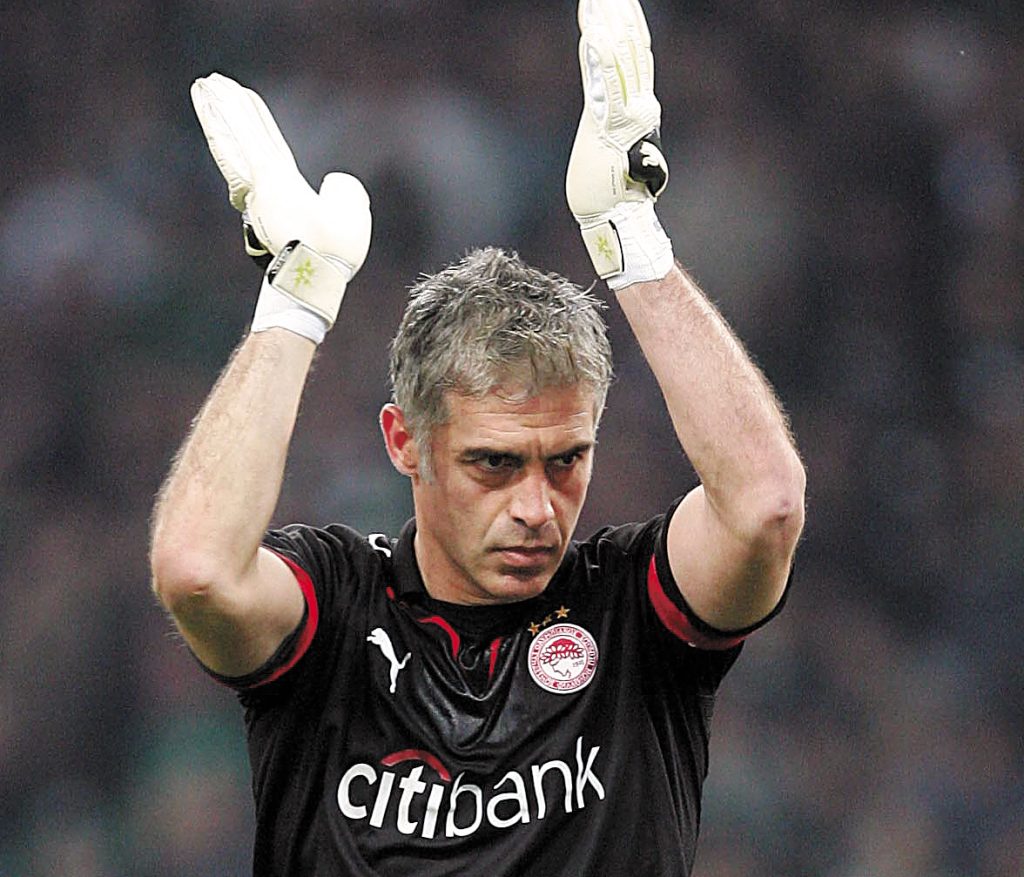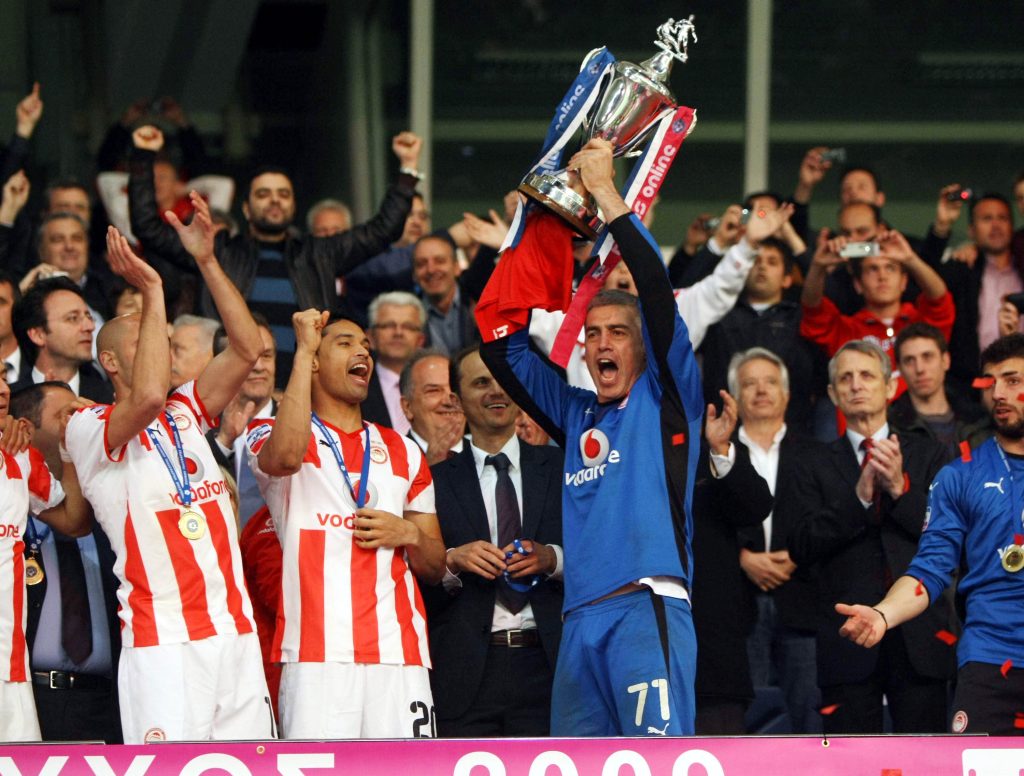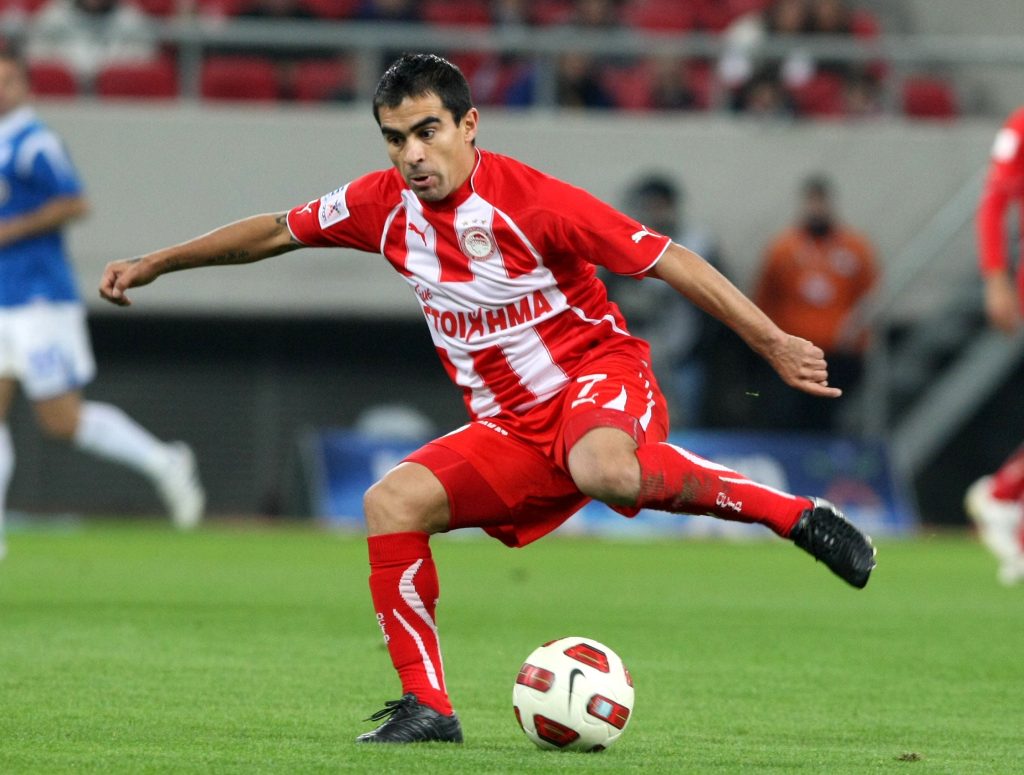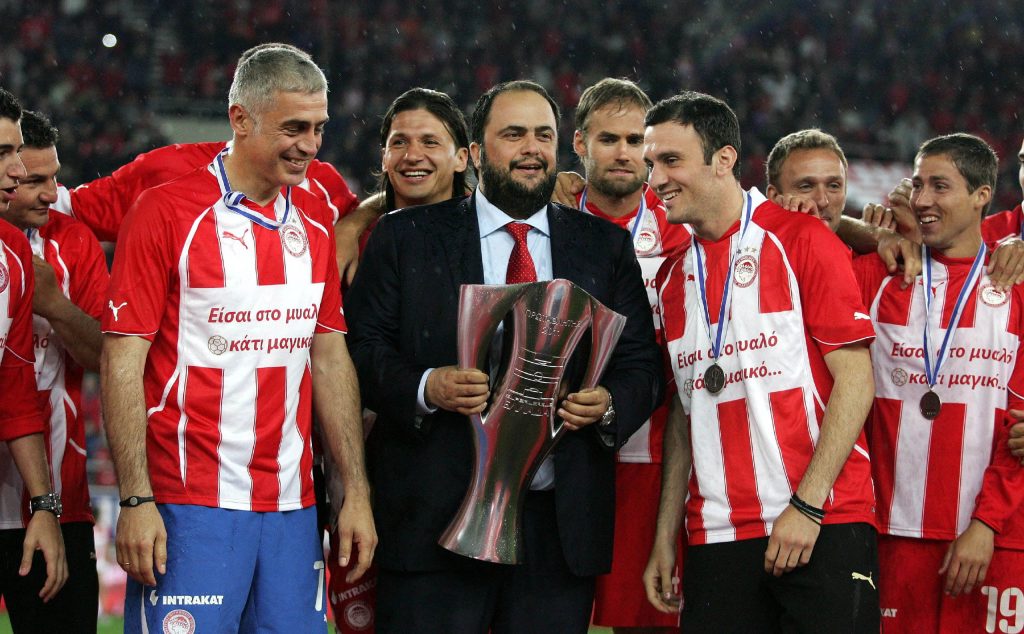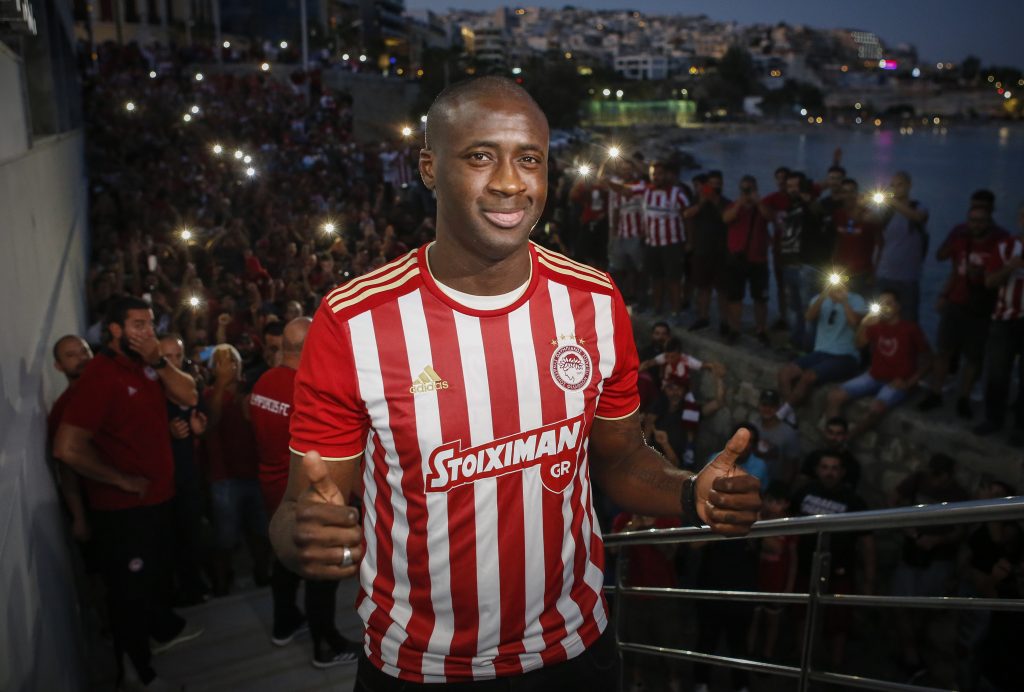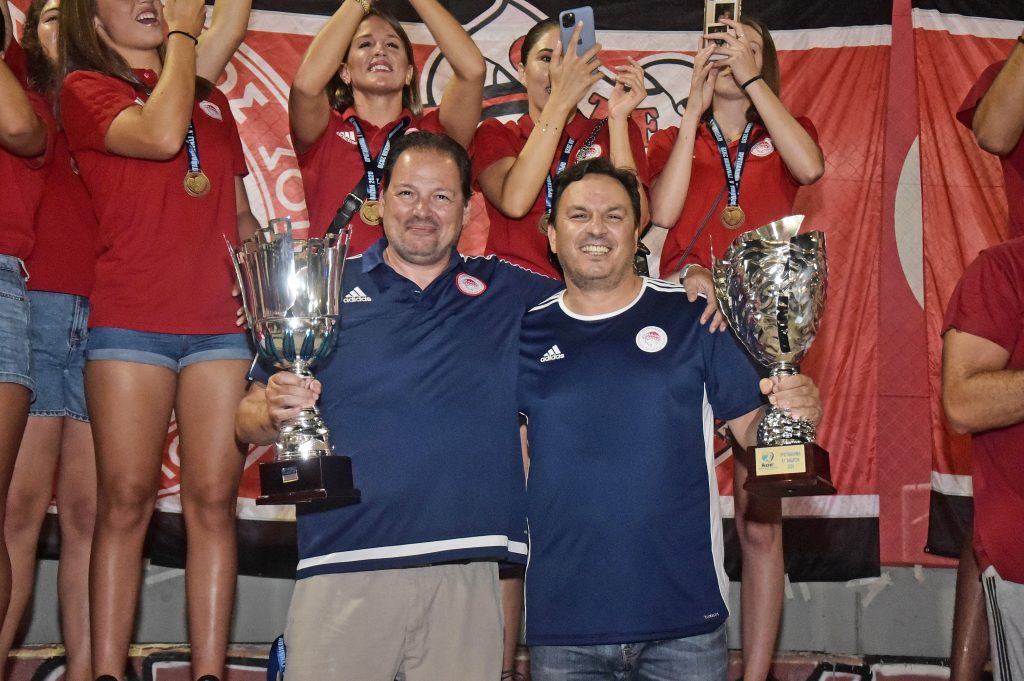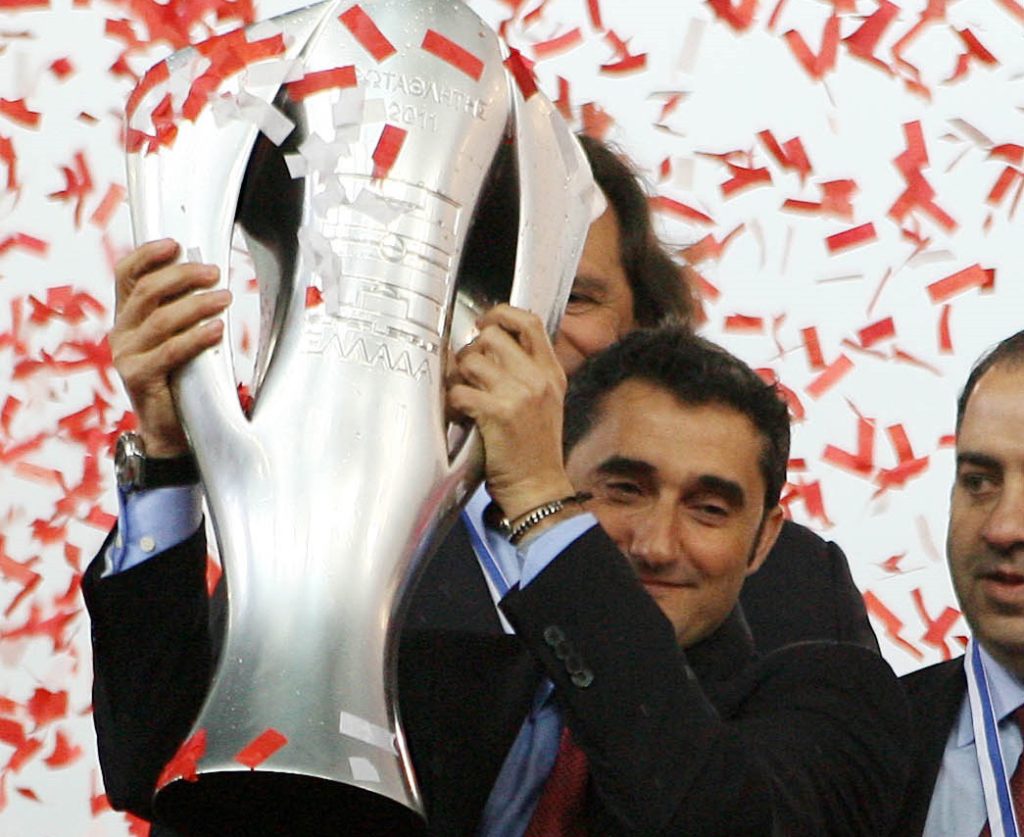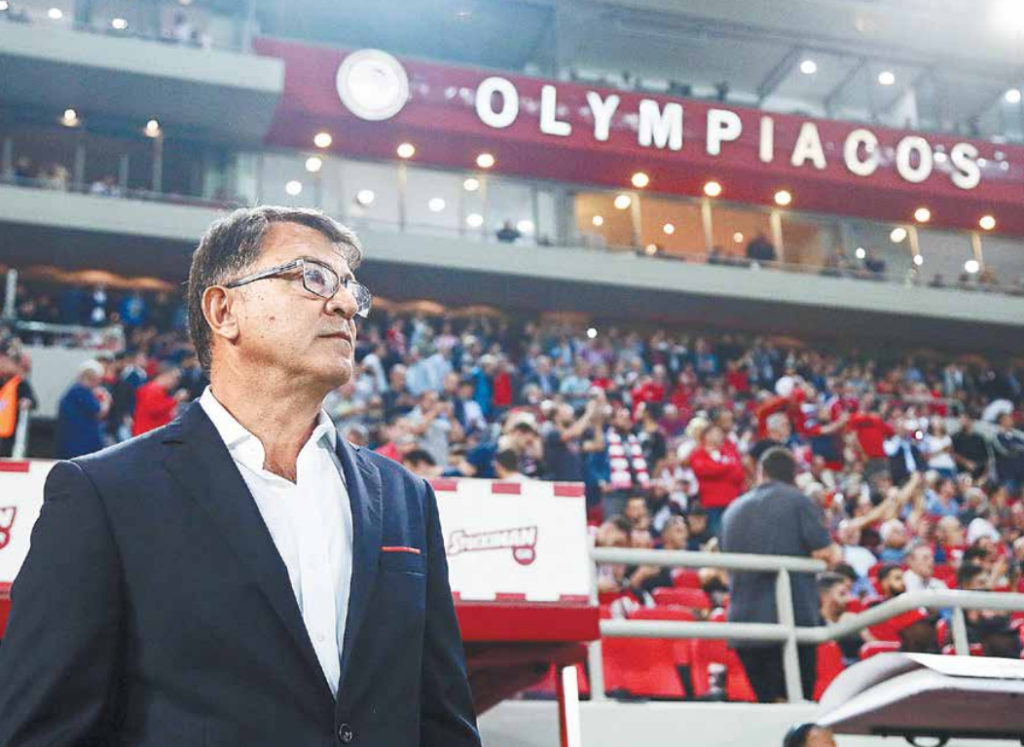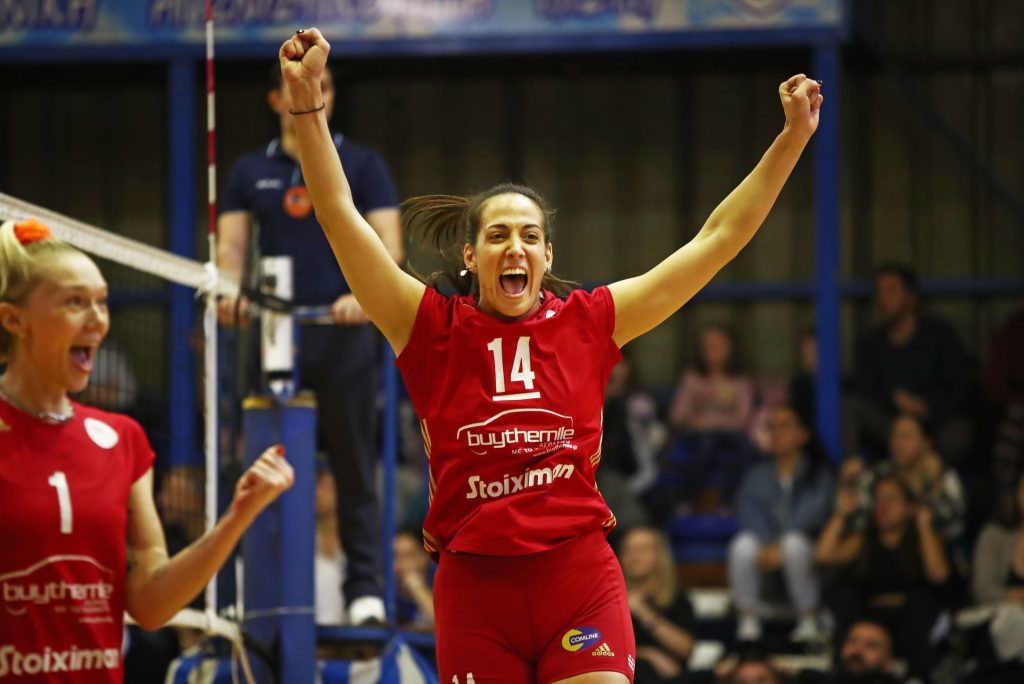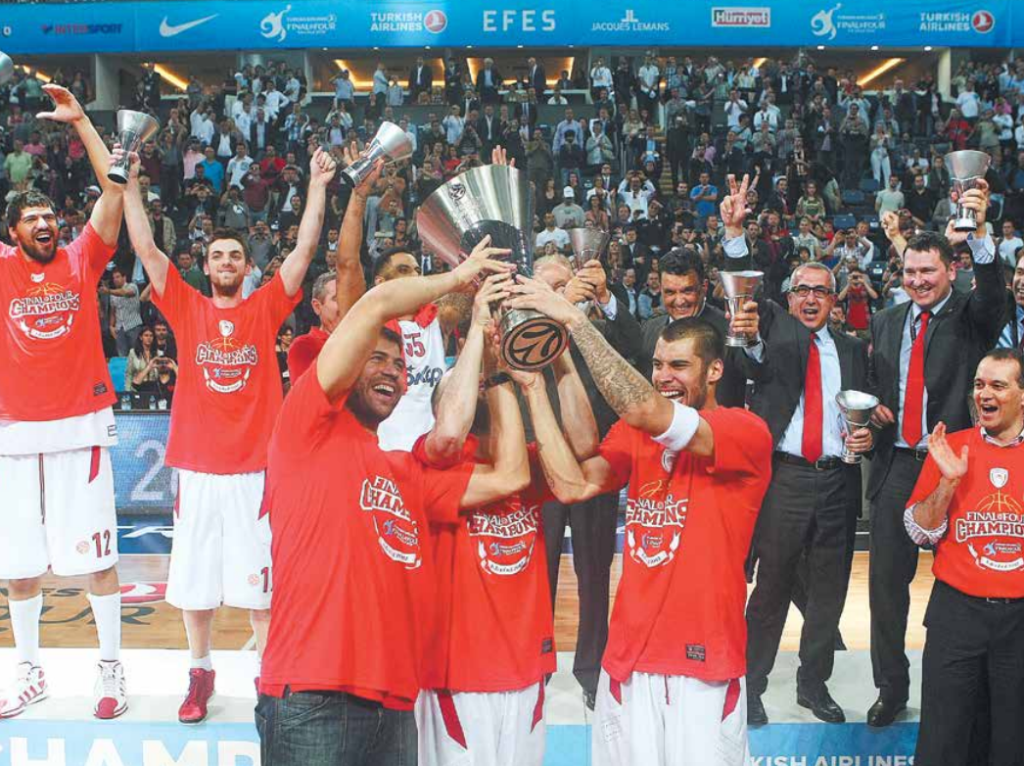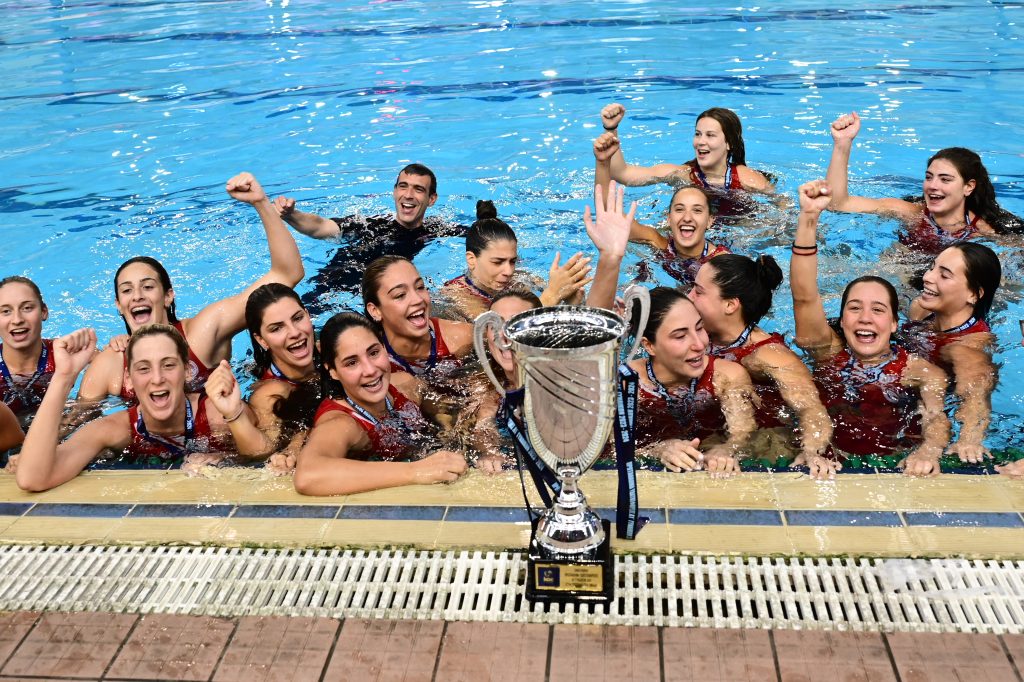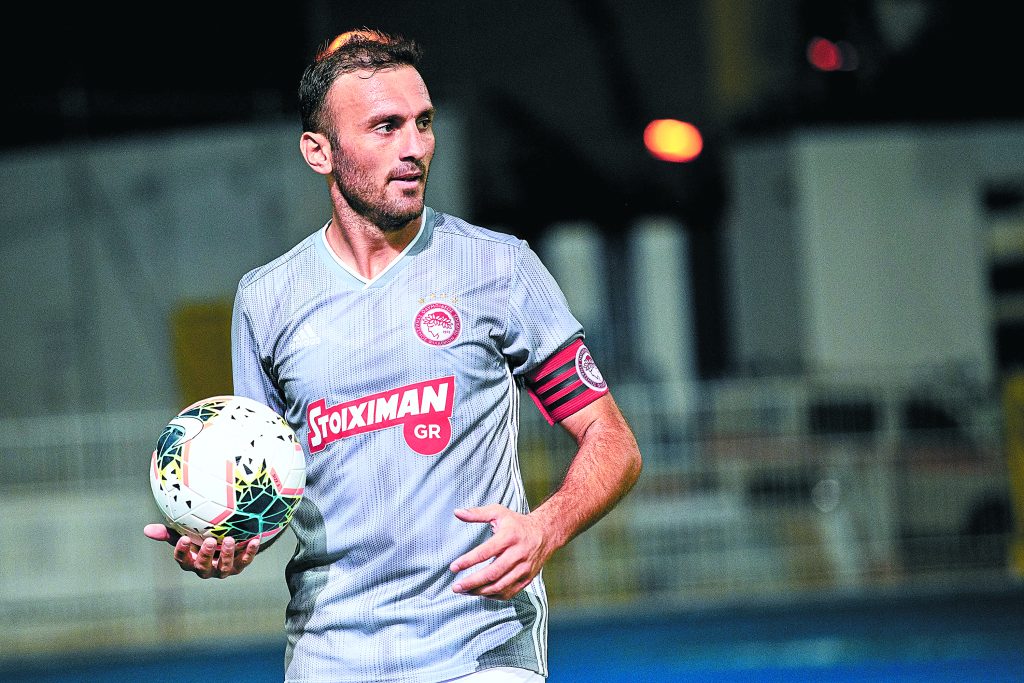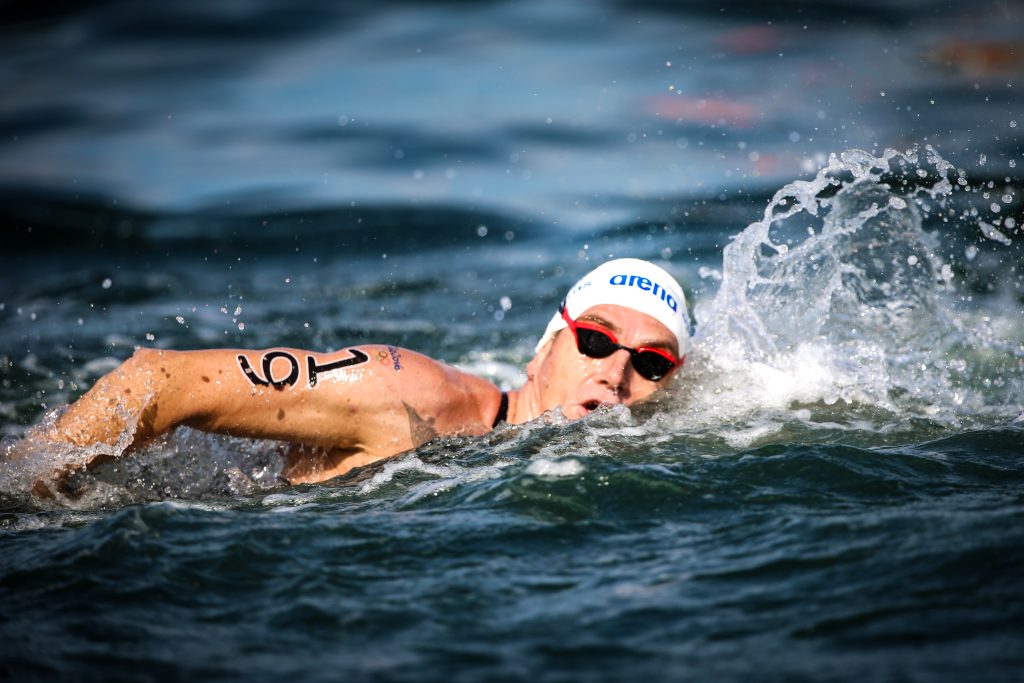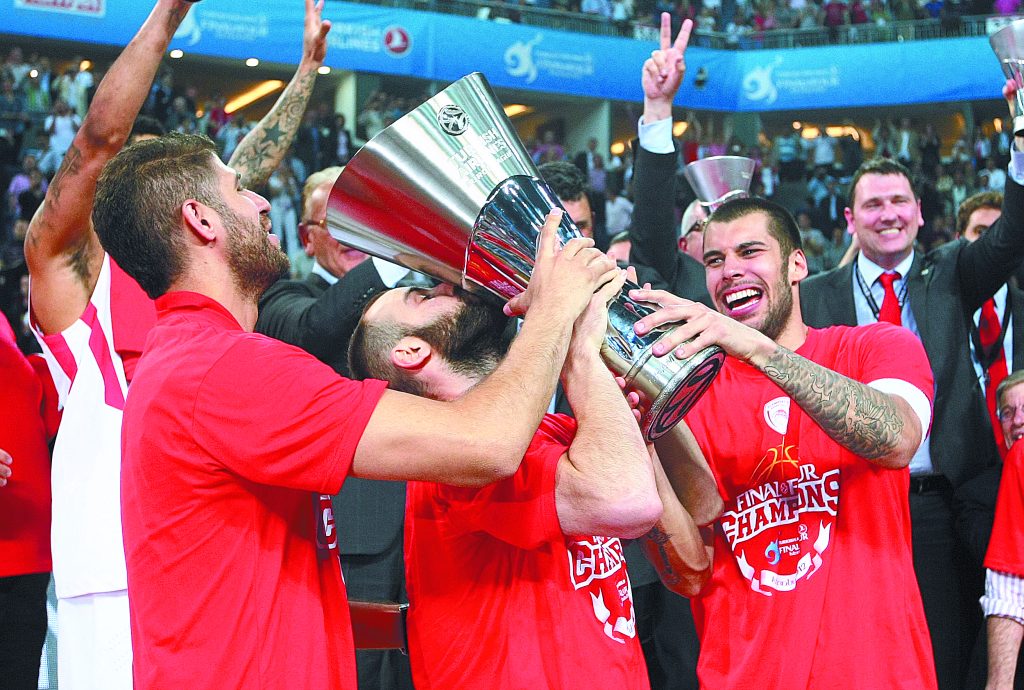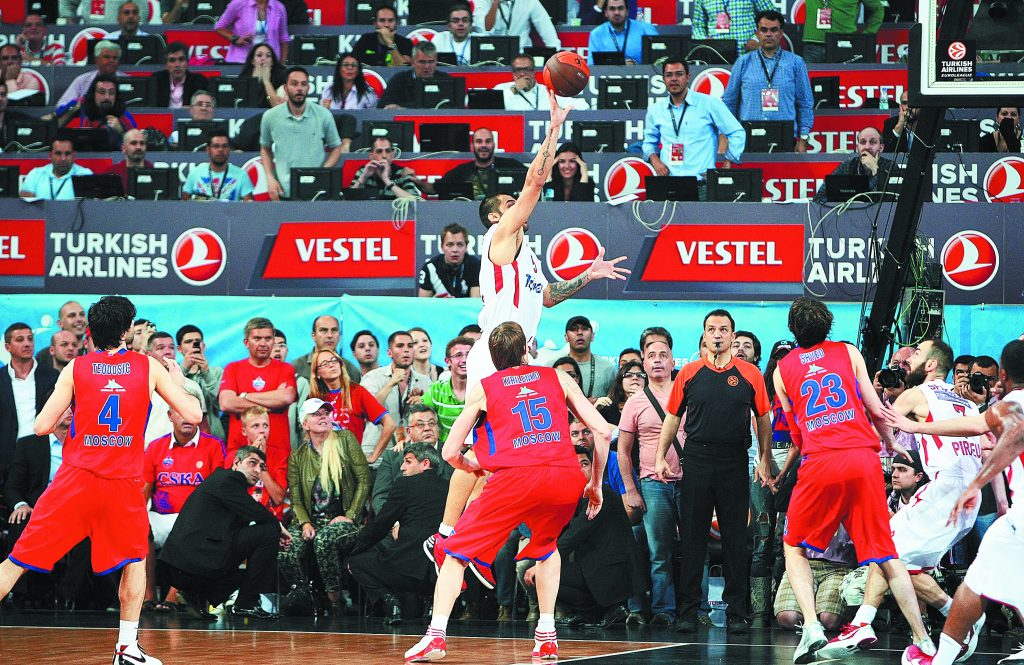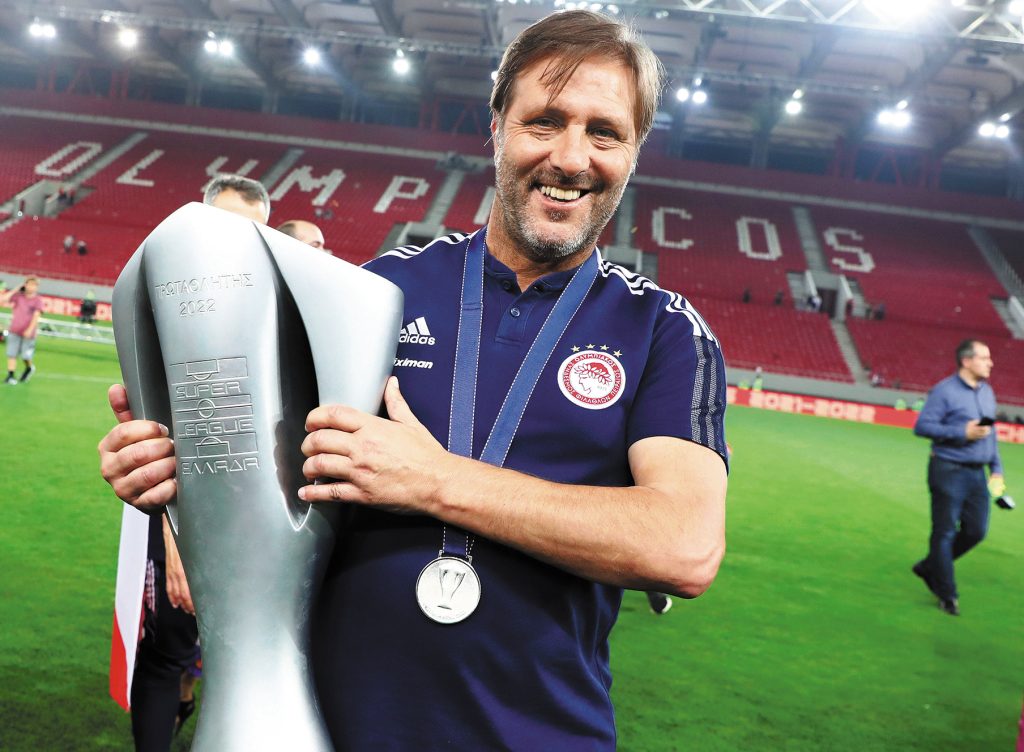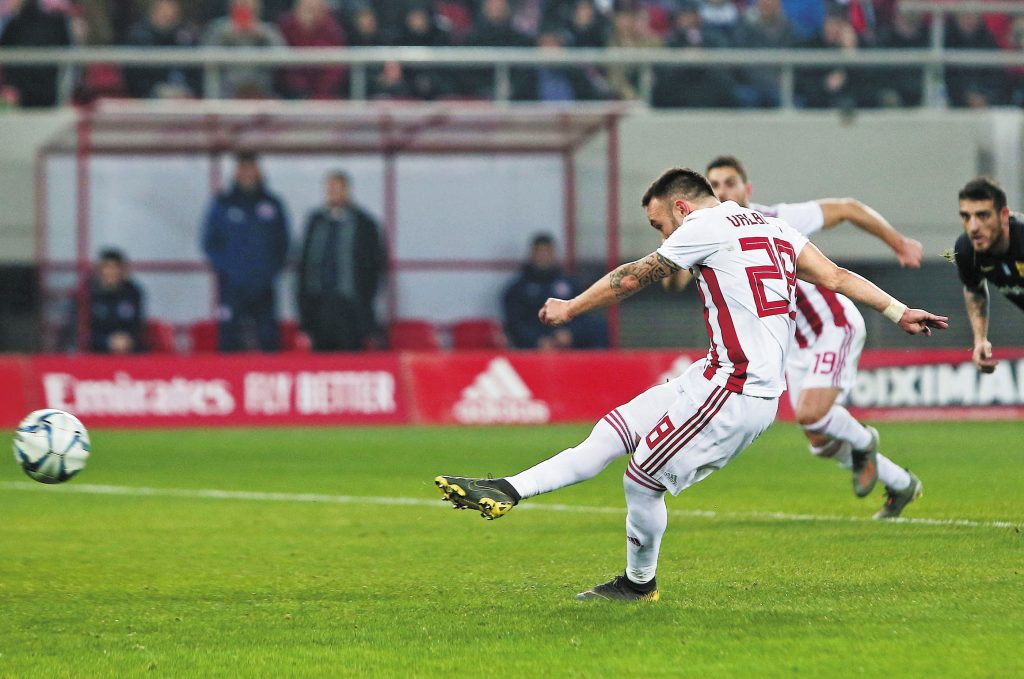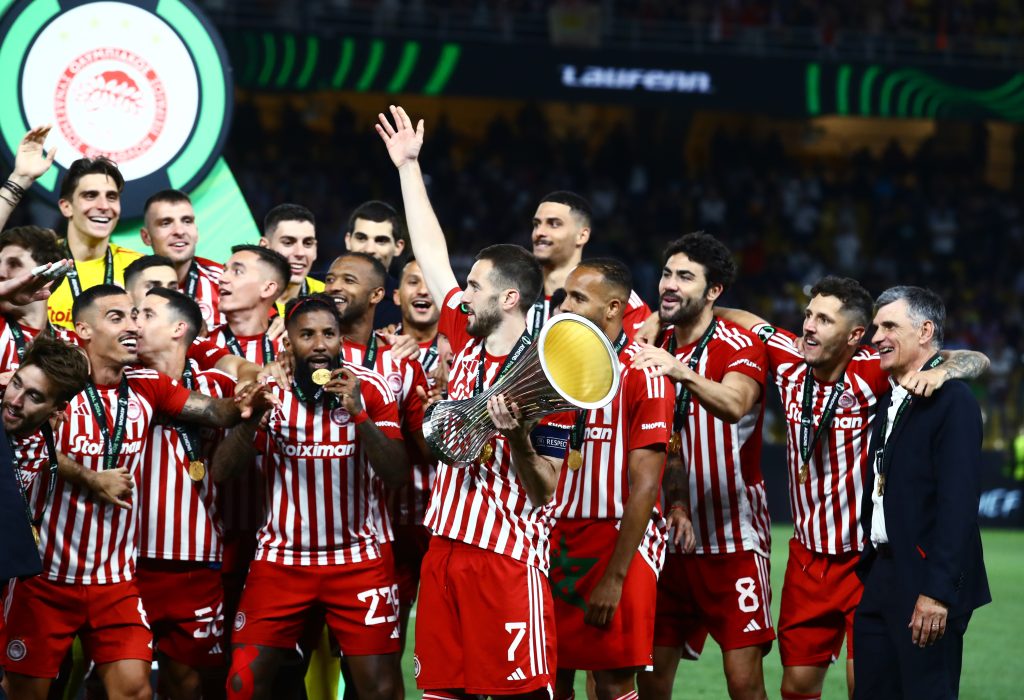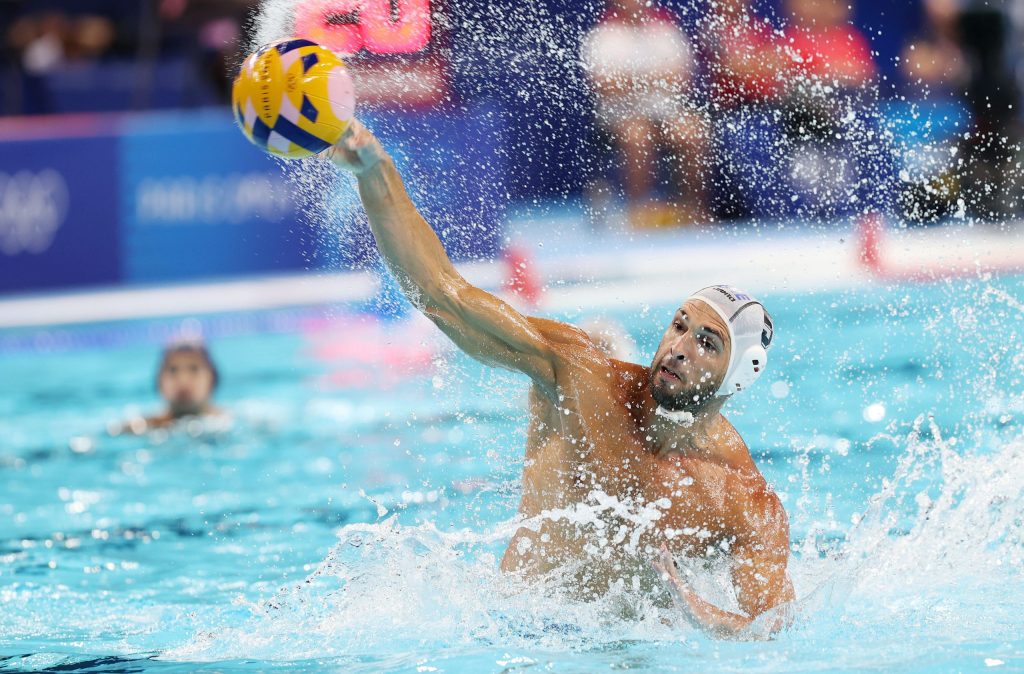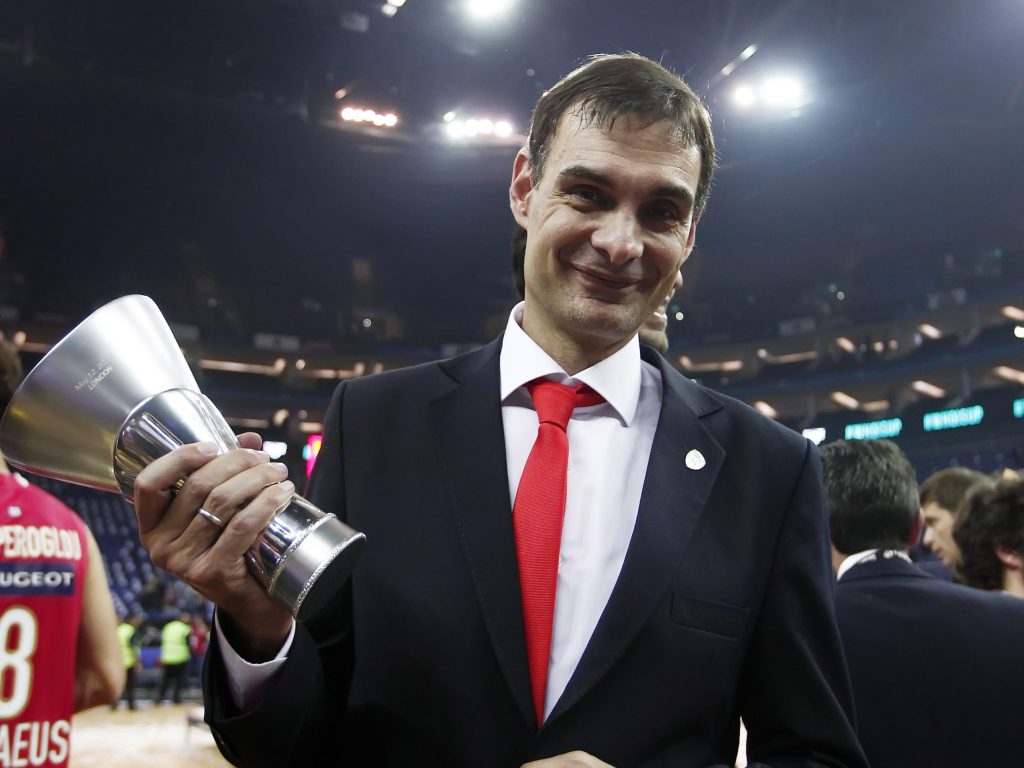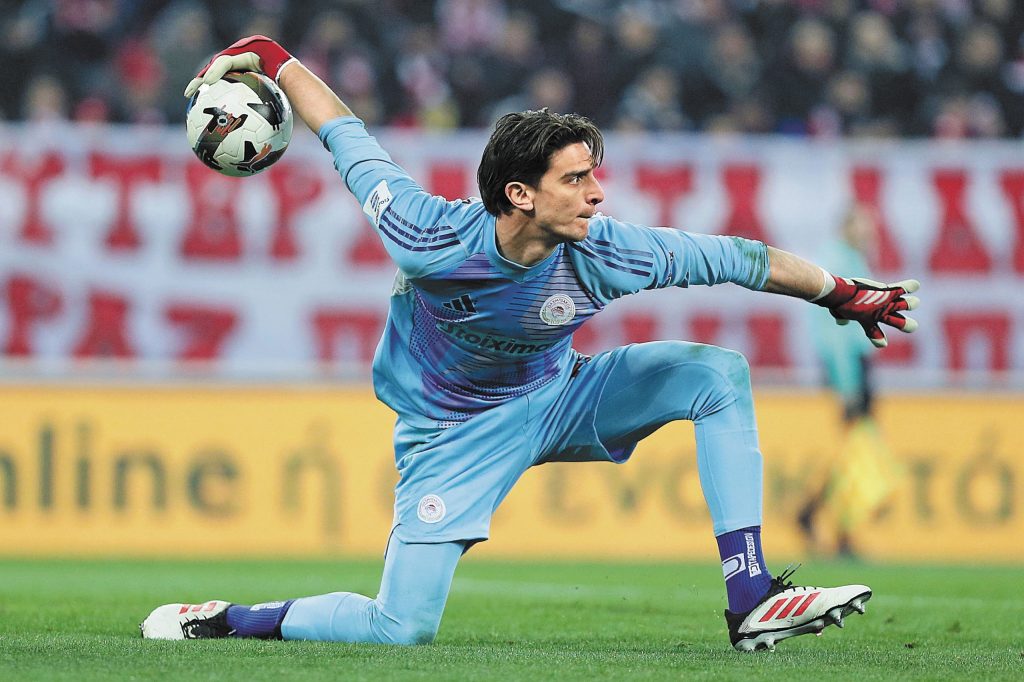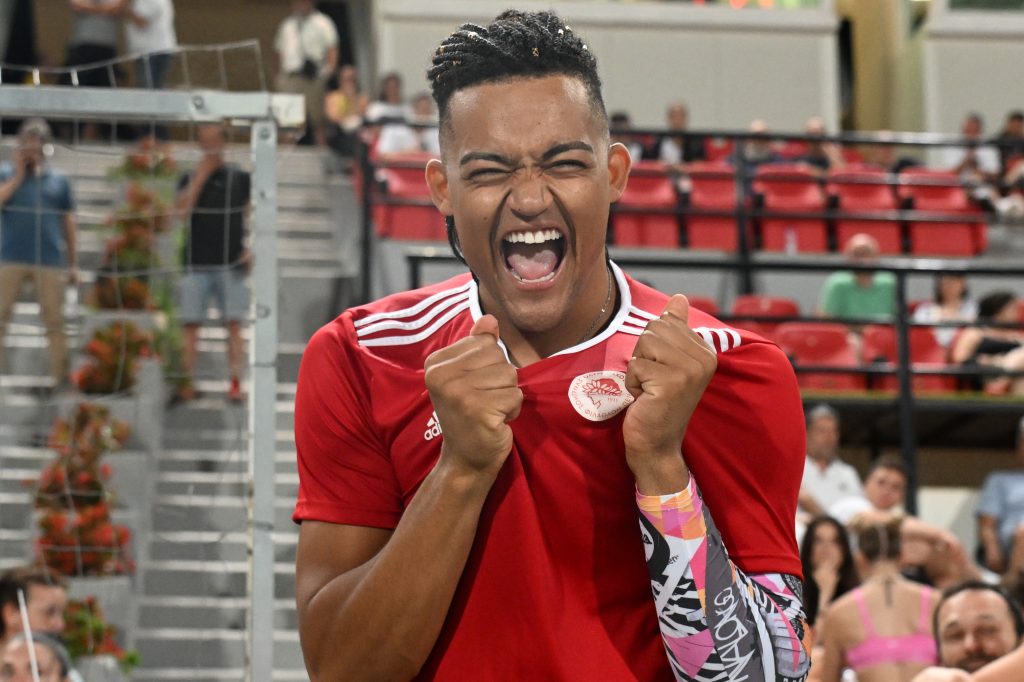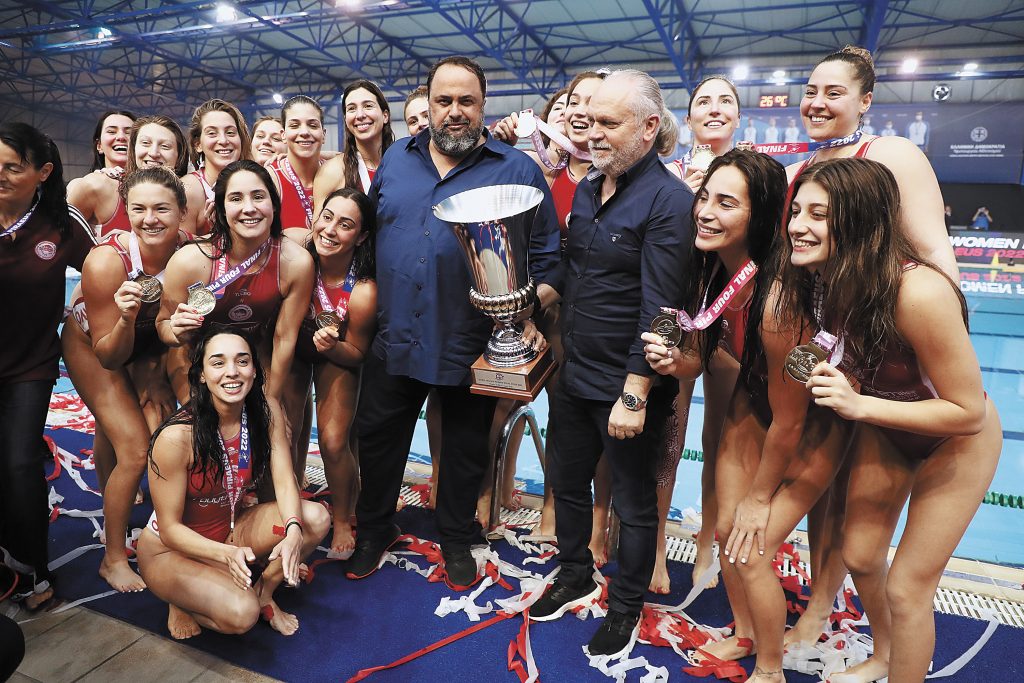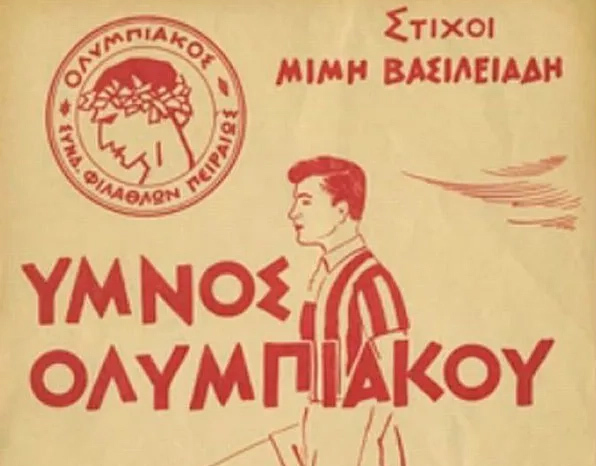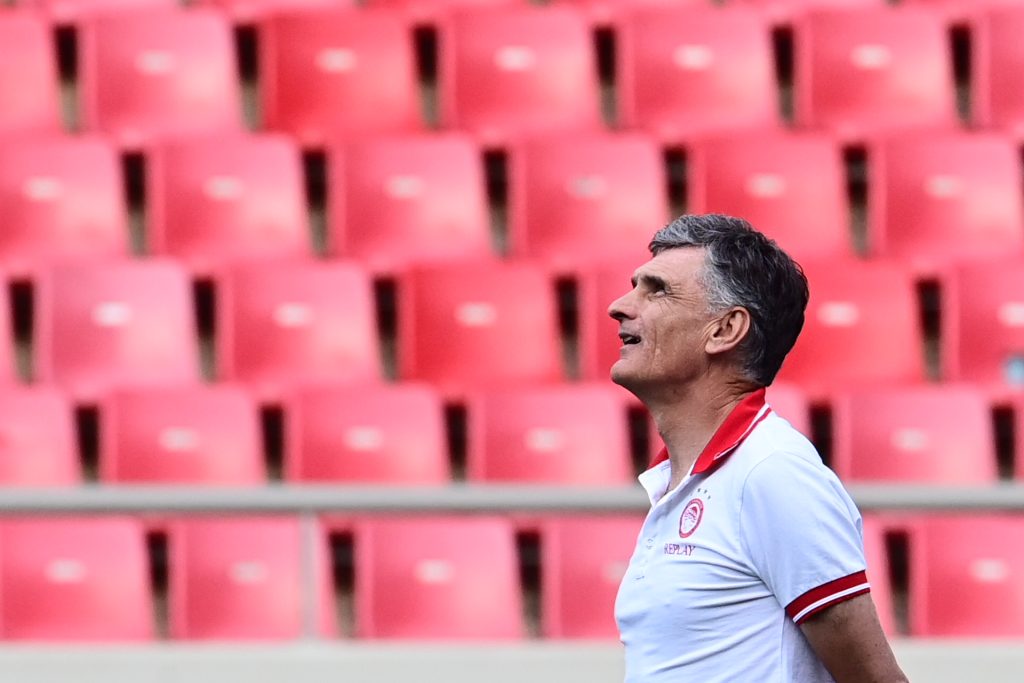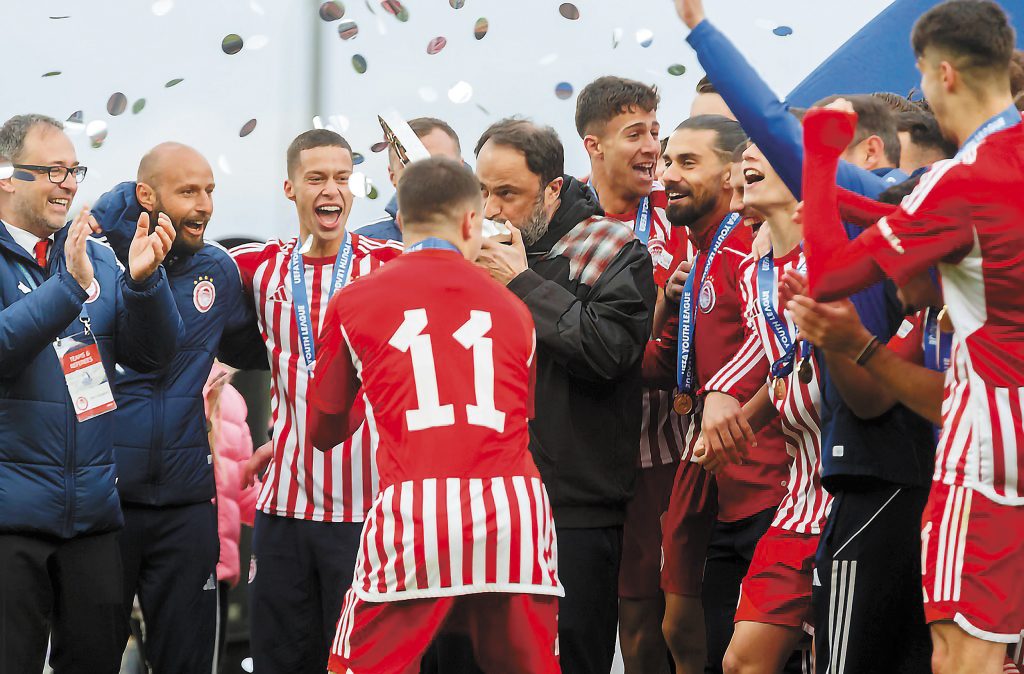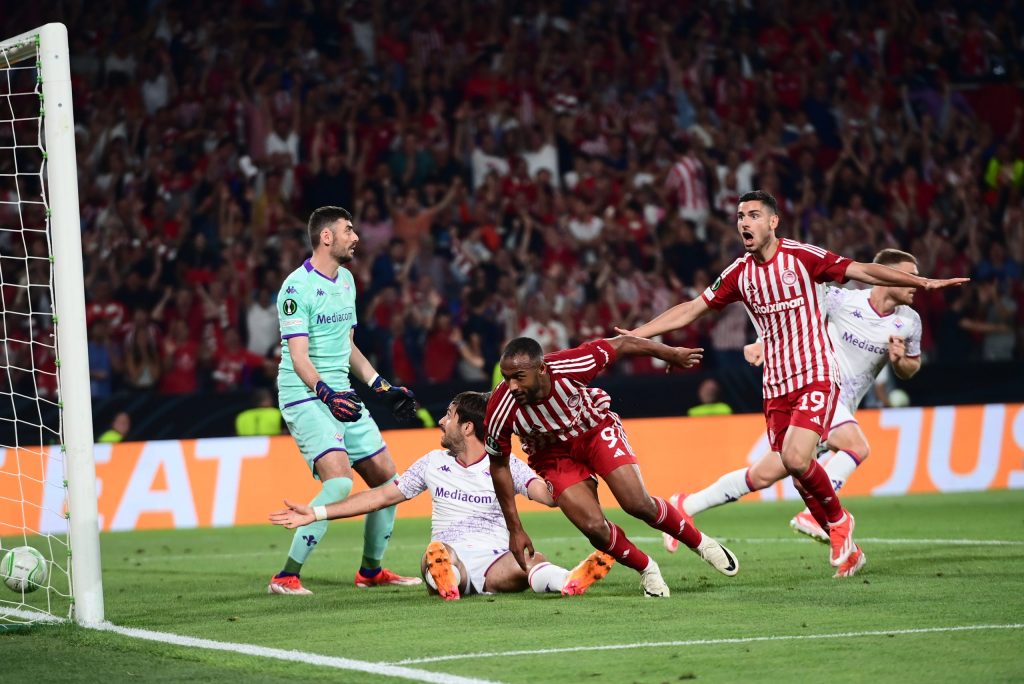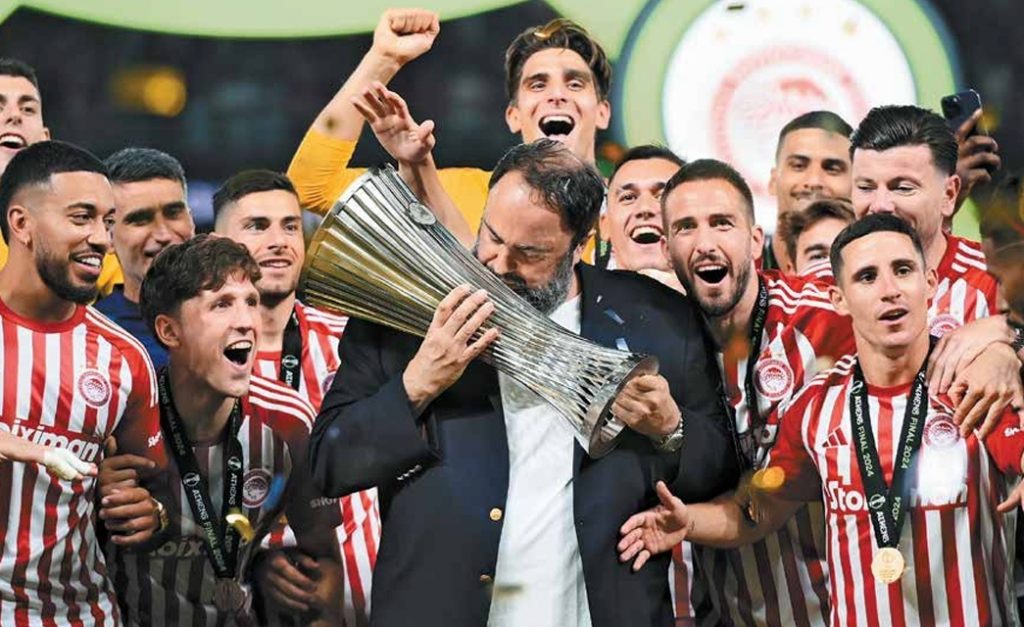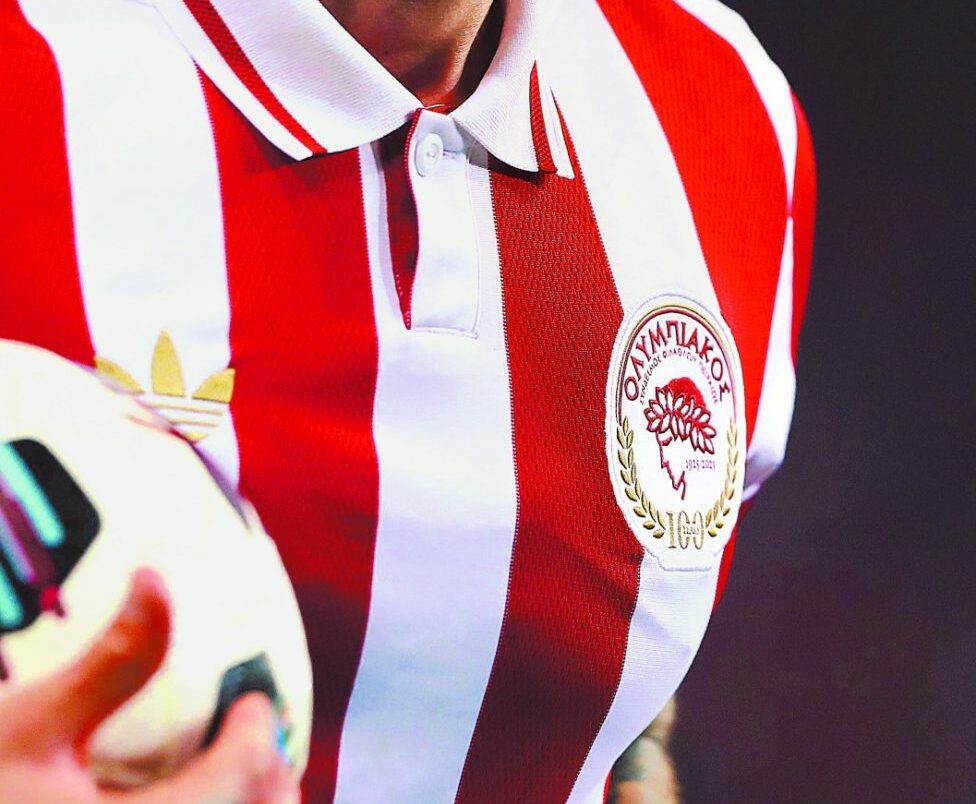One of the most important achievements of Olympiacos is that it is a highly successful multi-sport club. The Club’s various sports departments play a leading role and have achieved major achievements not only in team sports, such as football, basketball, volleyball, water polo and handball, but also in many individual sports and, of course, in track and field athletics.
The history of the Olympiacos’ athletics department is composed of two major chapters. The first concerns the period 1925 – 1933; the second began in 1953 and continues its stellar course until the present day.
A few months after the foundation of the Olympic Association of Piraeus Fans (OSFP) in 1925, Olympiacos participated for the first time in an official track and field competition: the Panionios Games.
According to the “Eleftheron Vima” newspaper of September 1, 1925: “15 track clubs from Athens, Piraeus, Maroussi and other provincial cities, as well as abroad, announced their participation in the Panionios Games, where they will be represented by their elite athletes… Among the participants were Panellionios, Ethnikos, Panathinaikos, the Union of Constantinople, Amaroussion, Atromitos, Apollon, Panionios, the Piraeus Association and Olympiacos, along with Iraklis Thessaloniki, Panachaikon of Patras, the Refugee Gymnastic Club of Volos, Panlesbiakon Mytilene, the Greek Sports Union of Egypt, Amillan of Sparta, Orpheus of Xanthi, and the Kalamata Fans’ Club.”
During the next eight years, and after the Olympiacos track and field department received official status, several noteworthy athletes will compete in its colors through until 1933, when its activities are suspended. The declaration of World War II in Greece in October 1940 will find the athletics program in a state of hibernation. In the post-war period, it will take a legendary div from the world of athletics to emerge out of nowhere to bring it back to life.

The Olympiacos athletics team parading by. It’s 1958 and the photo seems to hide… a thousand words.
Ventikos the athlete
In 1948, in the midst of the Greek Civil War, the young sprinter Panagiotis Ventikos, who was born in 1927 in Kalamata, began to make a name for himself with fans. His personal records (22.8 seconds in the 200 meters in 1949 and 10.9 in the 100 meters in 1951), as well as his significant performances wearing the national colors in international meets, make him stand out.
Years later, in an interview, Stavros Daifas, president of Olympiacos at the time and himself a triple jump and high jump athlete in his youth, which he also spent in Messinia prefecture of southern Greece where Kalamata is located, would declare that he was the one who urged Ventikos to take up track and field.
In 1953, a pioneer of women’s sports in Greece, Loukia Skrivanou, then a member of the Olympiacos women’s basketball team and a track athlete, introduces Takis Ventikos to the general secretary of the Club, Kostas Karydis, who asks him to join Olympiacos and get the Club’s athletics department up and running again.
Ventikos is among the most venerable members of the track and field community in Greece and soon brings several top athletes to the Club.
Olympiacos’ athletics department for men and women, which is home to athletes including Korobokis, Tsalamanios, Demos, Lemonis, Maglaras, Anifantakis, Srivanou, Thomatzikou, Athineli, Pardou, Papageorgaki and Katsiki, soon achieves significant successes. Within three years, Olympiacos has been promoted from the third category of the Hellenic Athletics Federation (SEGAS) to the first, where it remained the top team until 1967.
As fate would have it, a military dictatorship emerges out of the coup of April, 21, 1967, which not only abolishes parliamentary democracy and curtails civil rights, but also places obstacles in Olympiacos’ way. Olympiacos president and legendary player Giorgos Andrianopoulos is one of several divs who are forced to resign, who also include Takis Ventikos.
Records of 22.8 seconds in the 200 meters in 1949 and 10.9 seconds in the 100 meters in 1951, along with top performances in national and international meets from a young age
Restart
Olympiacos and Ventikos never give up, however, and when conditions allow it, efforts are made to return the department to its previous status. A crucial milestone is the establishment of dedicated sports facilities at the newly-rebuilt Georgios Karaiskakis Stadium, a decision that acts as an “incubator” for scores of athletes.
Fast forward to 1984, which marks a special moment for Olympiacos, as the Club wins the national cross-country tournament in the city of Trikala in central Greece. There is no shortage of excellent individual performances, but Ventikos aims to push Olympiacos higher at the team level.
Titles
The end of the 20th century is drawing near, and with the support of the sports journalist Giorgos Glou, the tireless Ventikos is planning for and coordinating the arrival of several great athletes. Kenteris, Papakostas, Terzian, Iakovakis, Polias, Gousis, Tsatumas, Meletoglou, Gelasakis, Demotsios, Thanou, Maniani, Halkia, Bakoyanni, Xanthou, Devetzi, Redoumi, Perra and others will all join the Olympiacos team.
The men’s team wins the national cross-country championship again in both 2003 (in Nafplio) and 2005 (in Litochoro). 2006 is another great year, as Olympiacos wins the men’s national athletics championship for the first time in its history. It will do the same every year through to 2014, and then again from 2016 to 2020 and in 2022. The women’s team wins the corresponding championship in 2010.
At indoor track and field tournaments, the Olympiacos men’s team wins every championships from 2010 to 2020, with the exception of 2014.
Already very active in the country track and field world, it wasn’t difficult for Ventikos to restore Olympiacos’ athletics department in 1953, which he subsequently headed. The program produced numerous successful athletes over the decades.
A tireless worker for Olympiacos
Takis Ventikos passed away in October 2017 at the age of 90. Those who lived and worked with him speak of a man of rare value, who was generous and honest–a tireless sports worker. He has been described as unstoppable, a perfectionist who felt a responsible for the calling he served. The “soul” of the Olympiacos’ athletics department, a great chapter in the history of the Club and a man who spent his life working for the good of track and field, he fully succeeded as an athlete, coach and official.
In 2013, on the occasion of the 60th anniversary of the founding of the Olympiacos athletics department, Ventikos himself said: “The athletics department was founded in 1953, on November 16 in our old and historical clubhouse at the Zeas Marina. I was a champion at the time with Pangrati.”
“…Olympiacos had decided to create a track and field department and they assigned me to create it. I transferred to Olympiacos and began training sessions as an athlete at the School of Naval Cadets (in Piraeus).
“I started as an athlete-coach, then became head coach and director of the department. There are many Olympiacos athletes who have won medals at the Balkan Games, the Mediterranean Games, the Olympics, European and World Championships. For me, Olympiacos is my whole life”.
